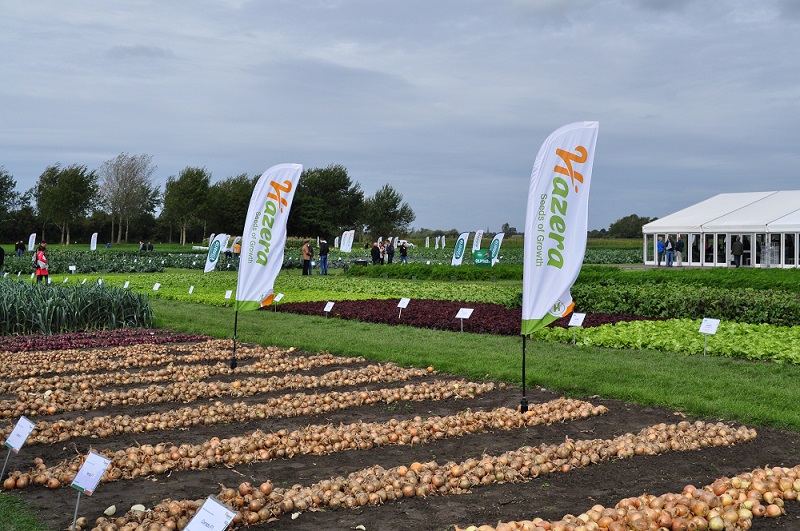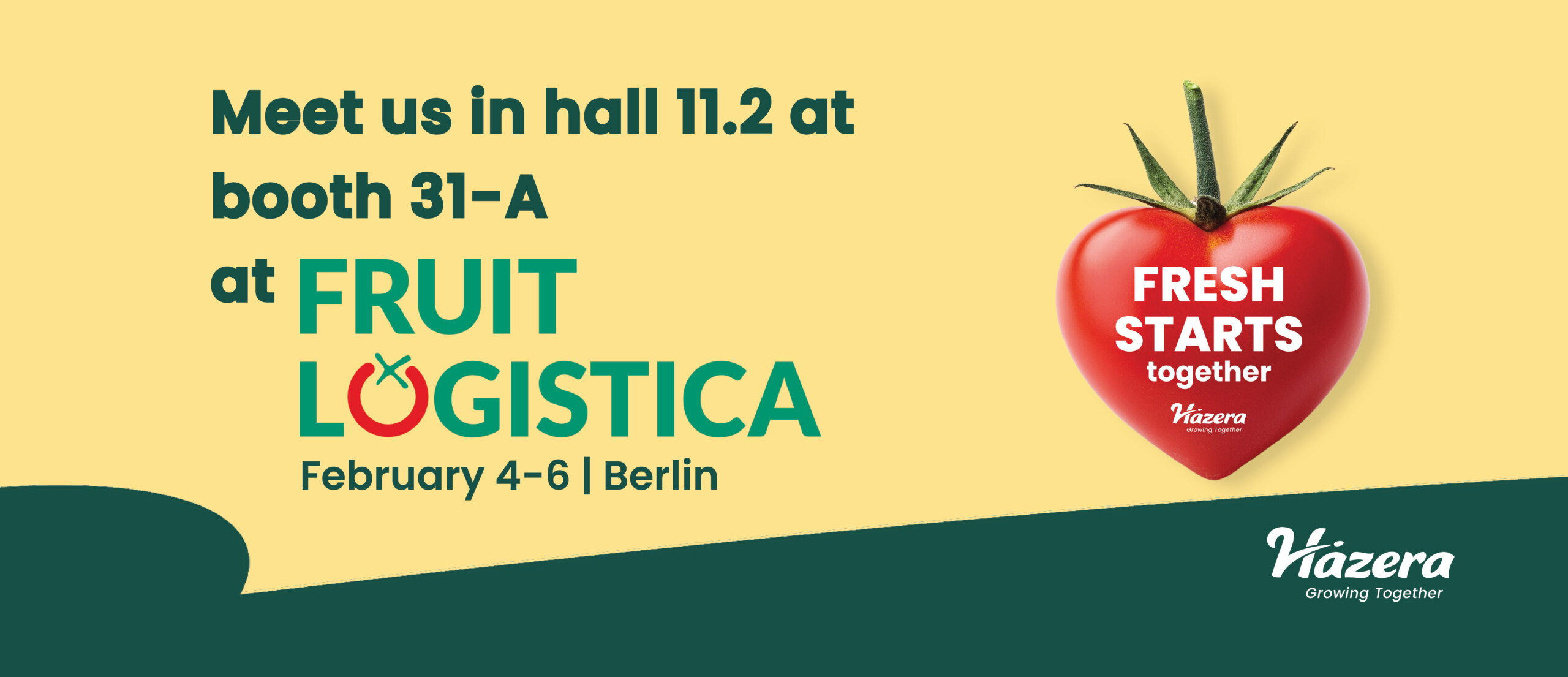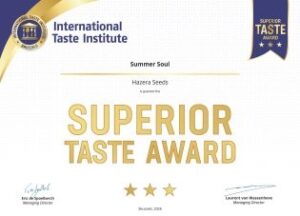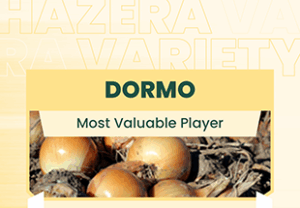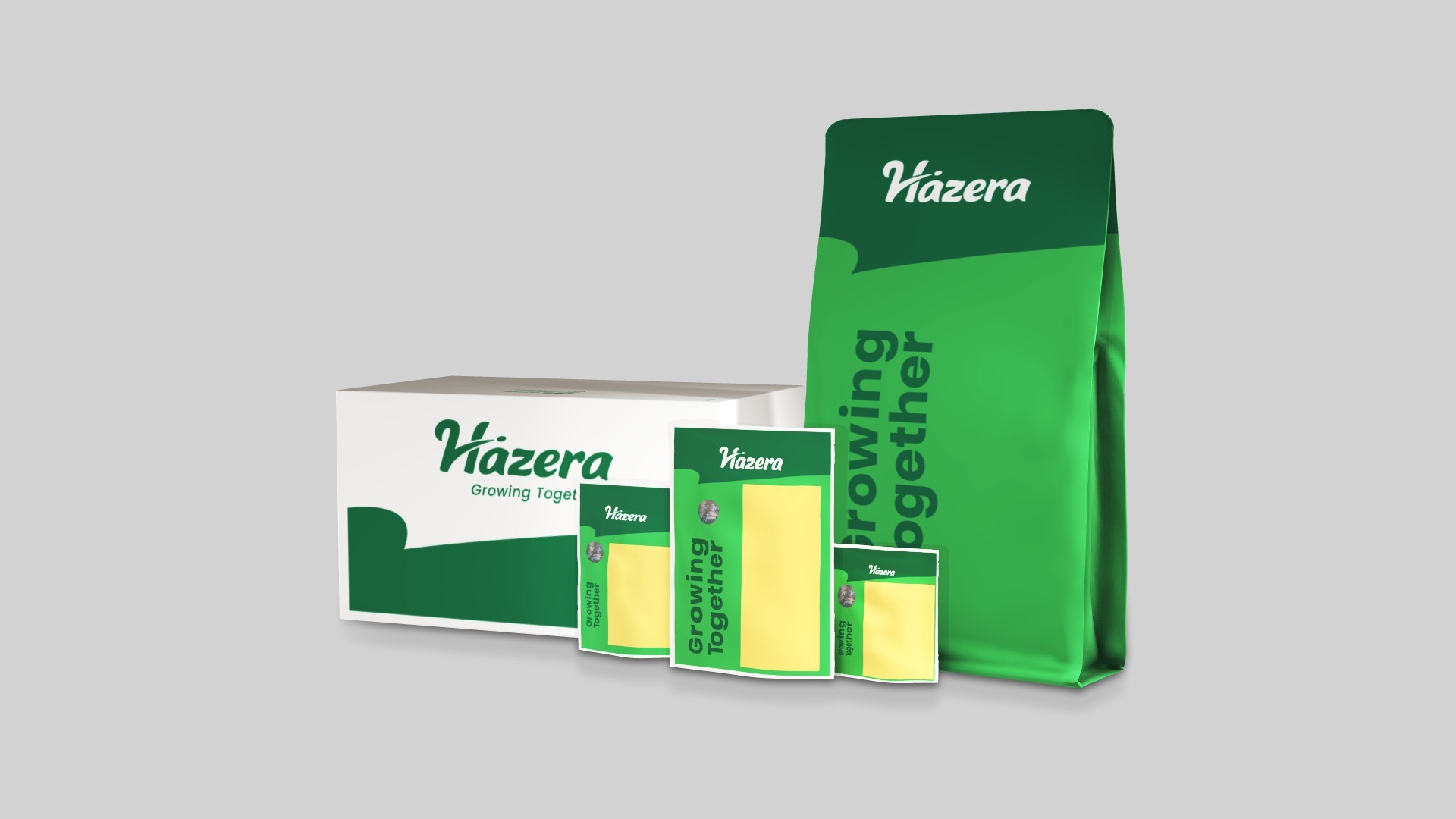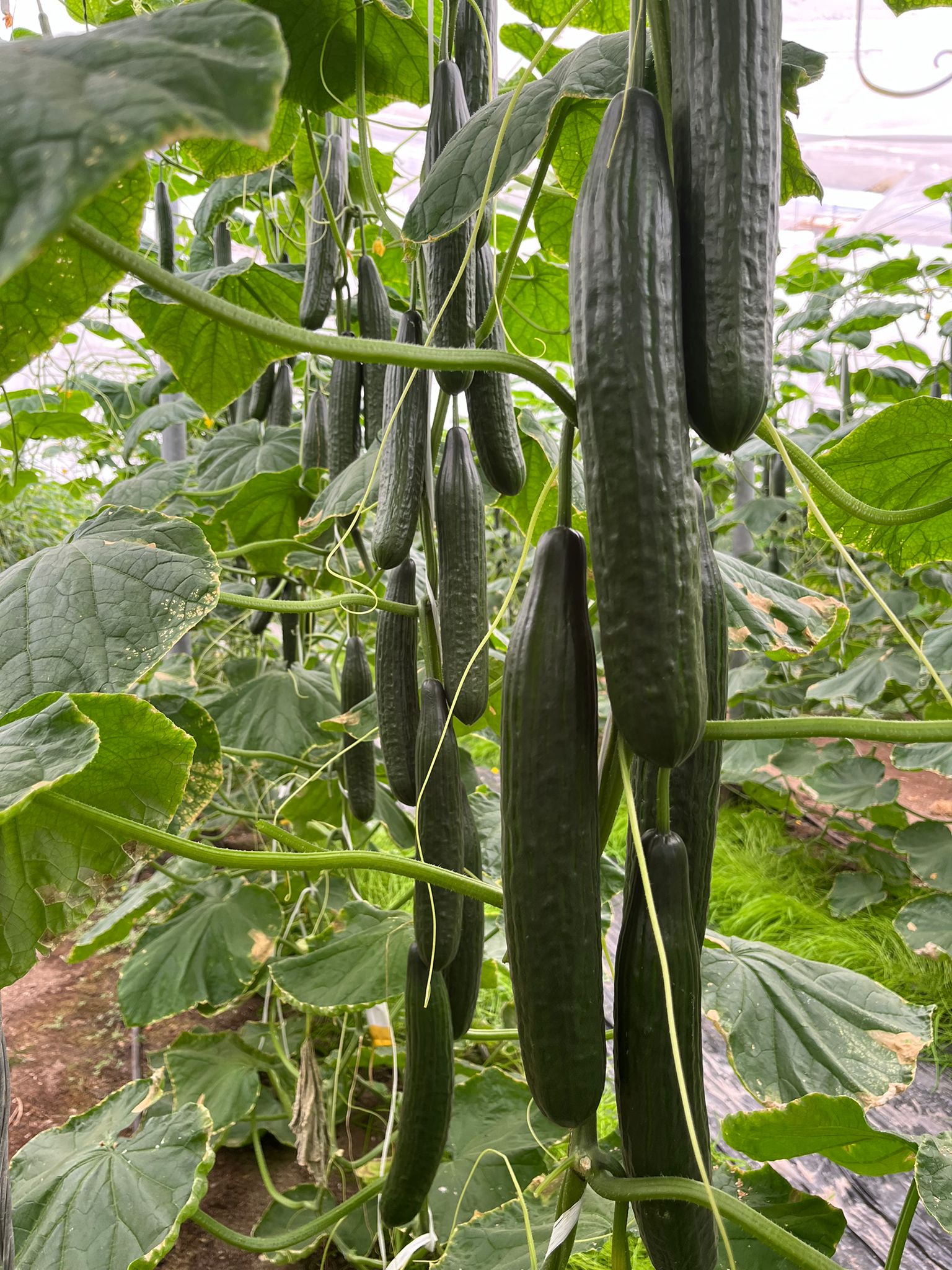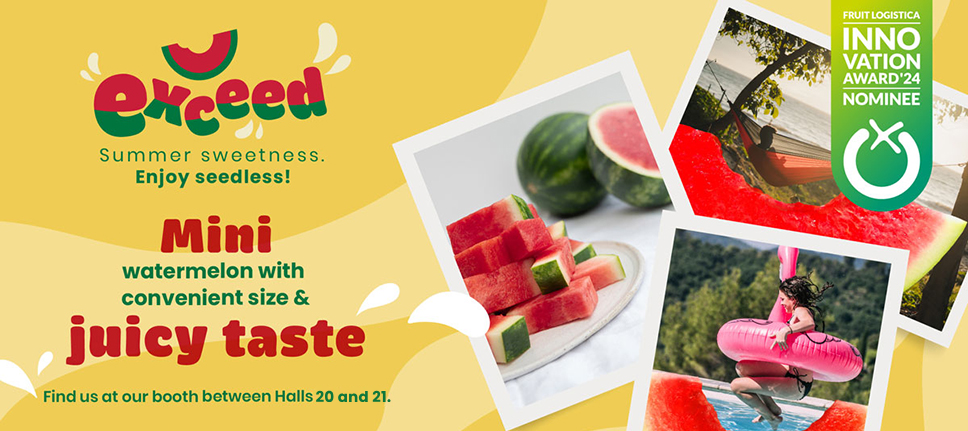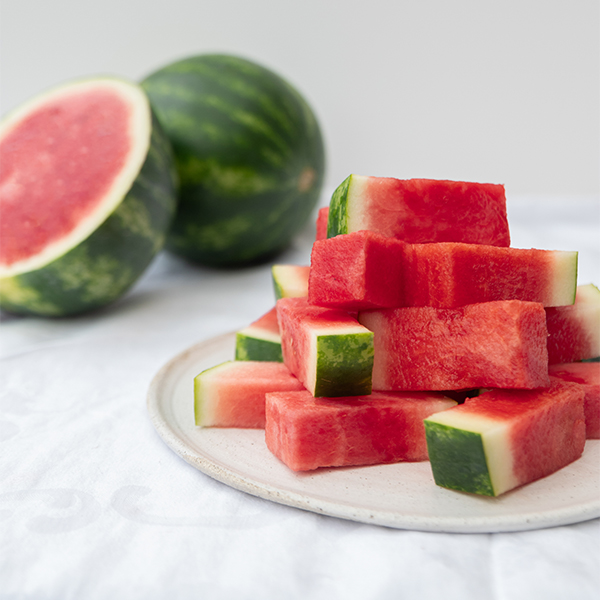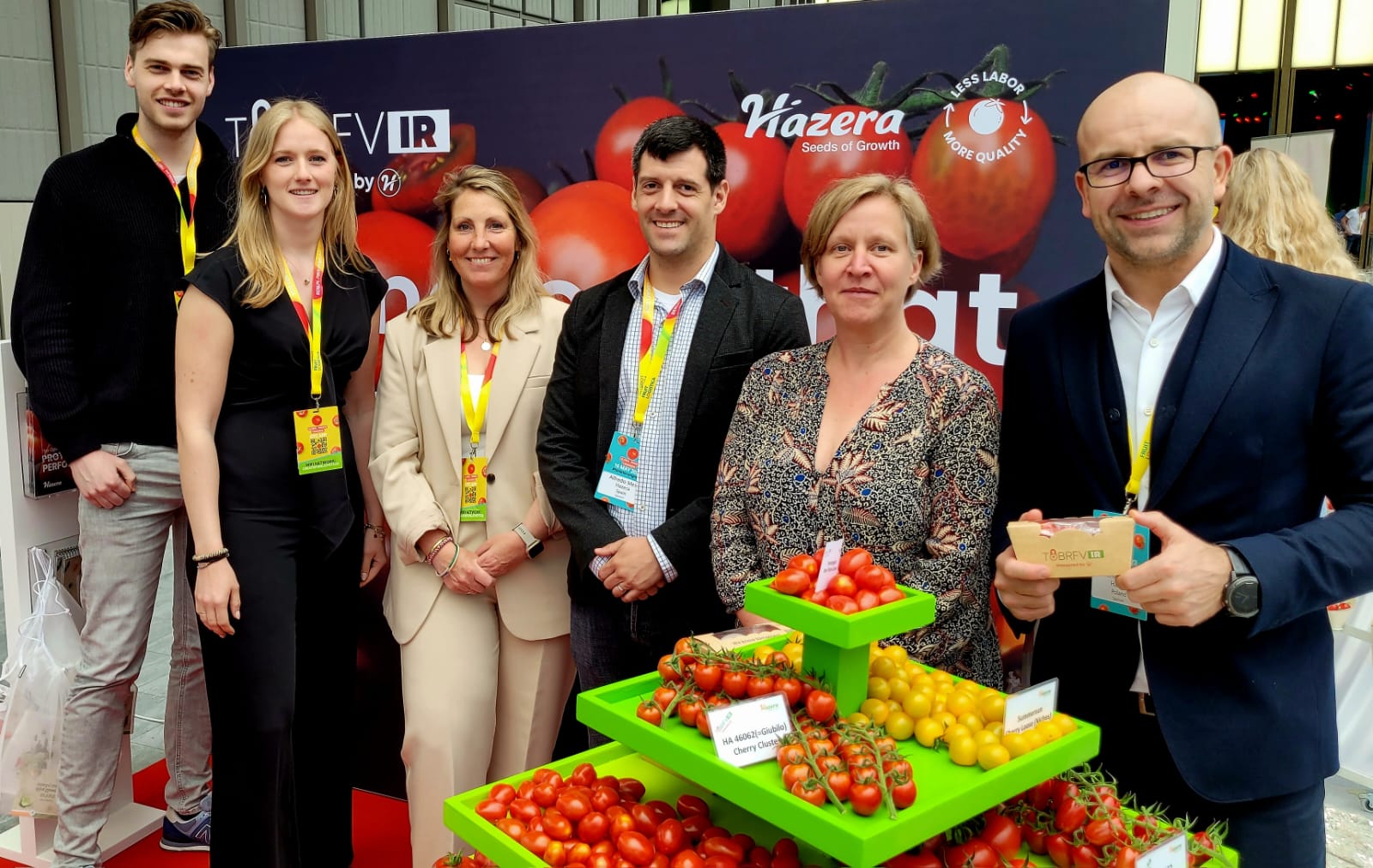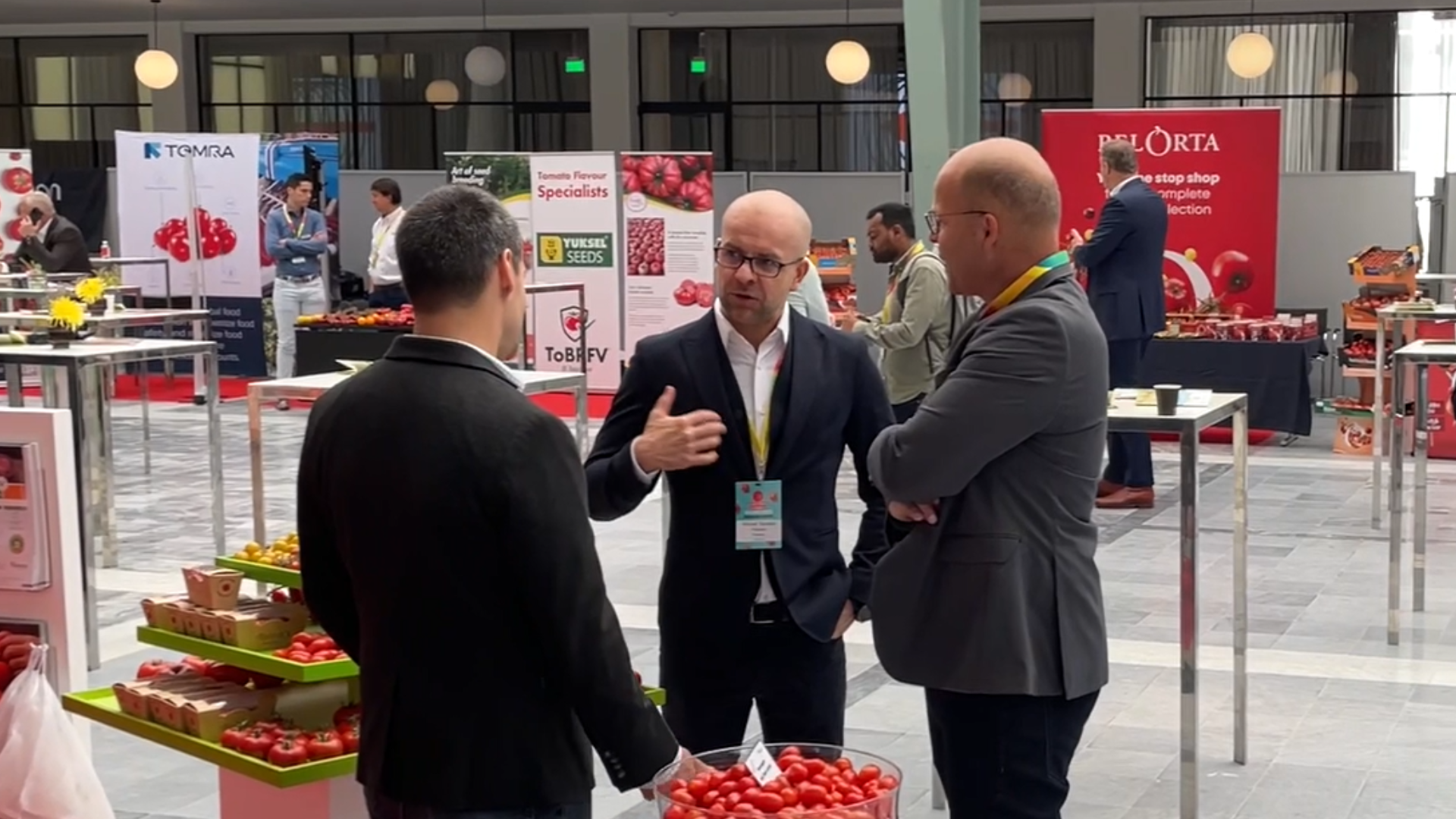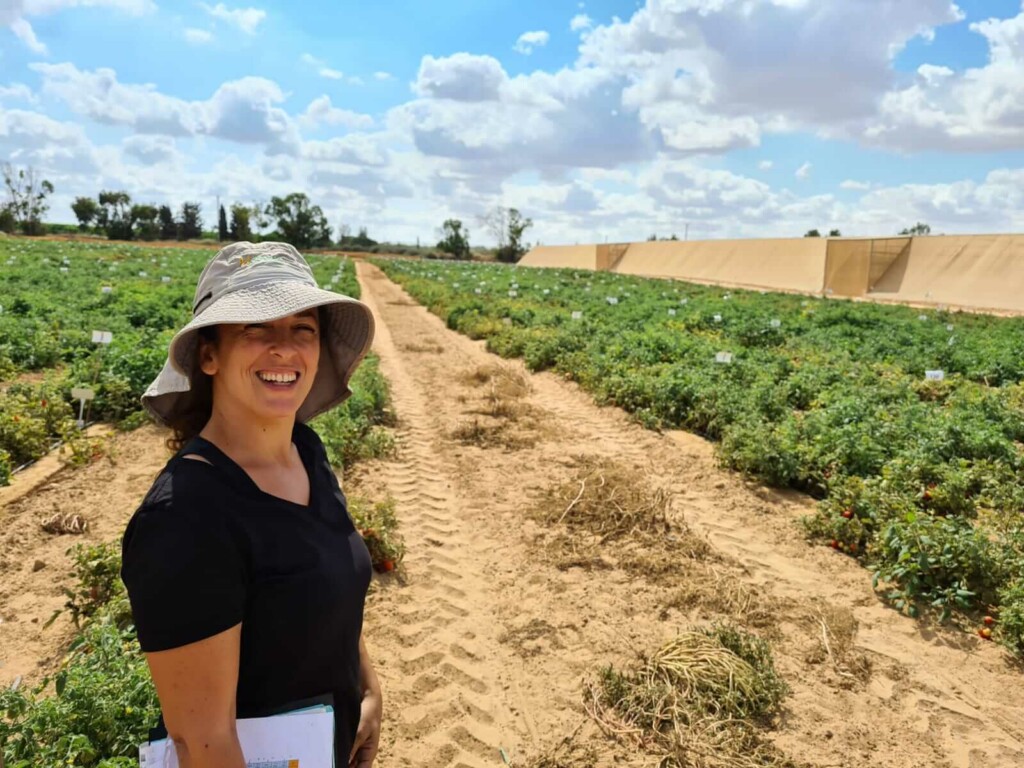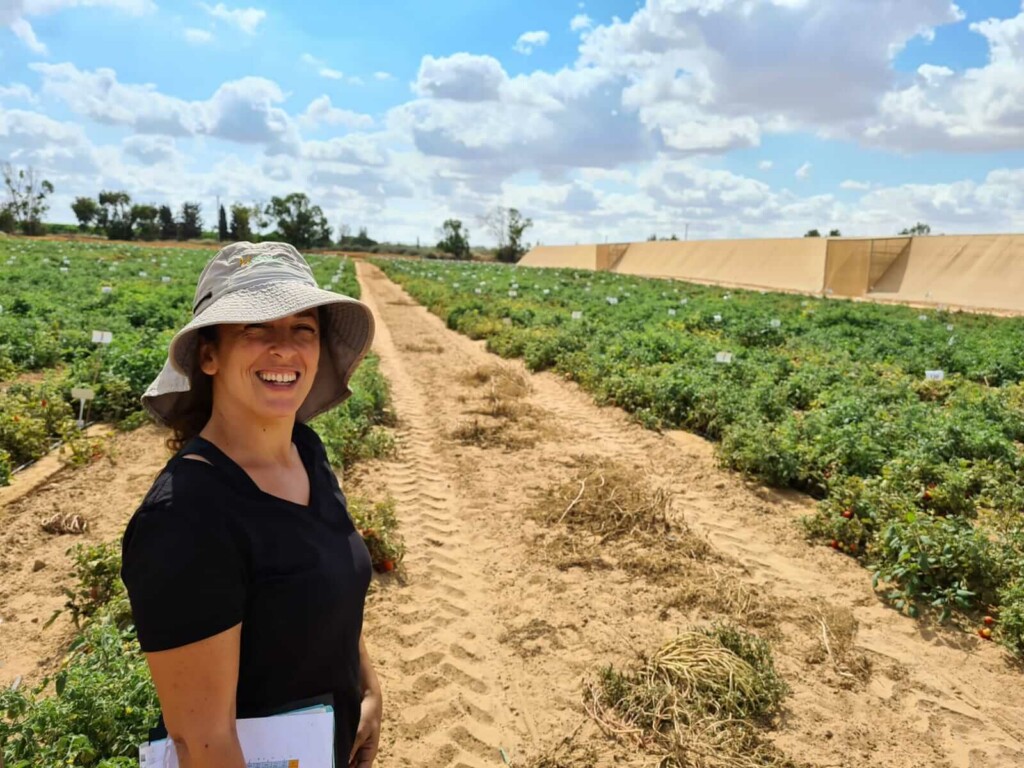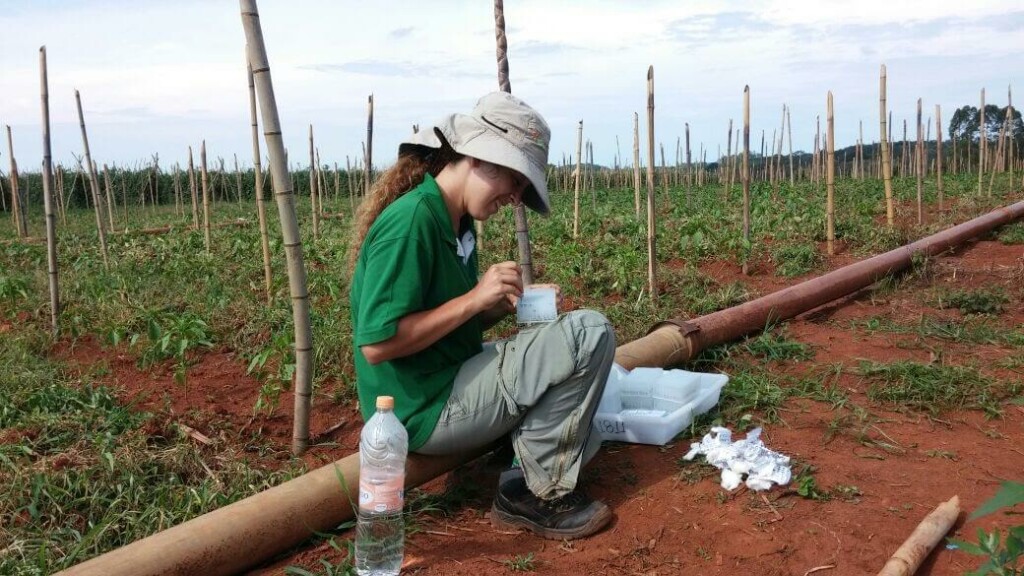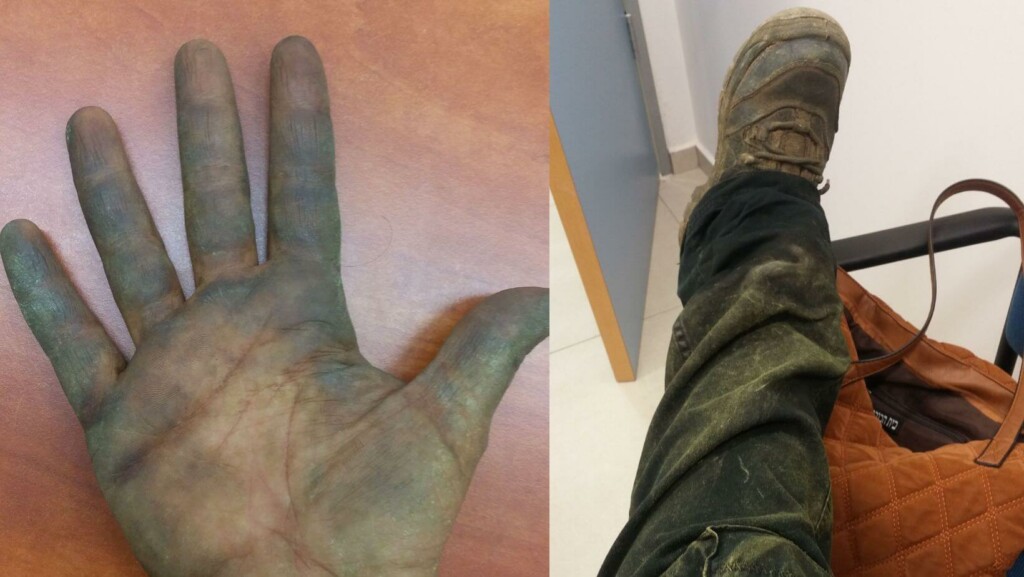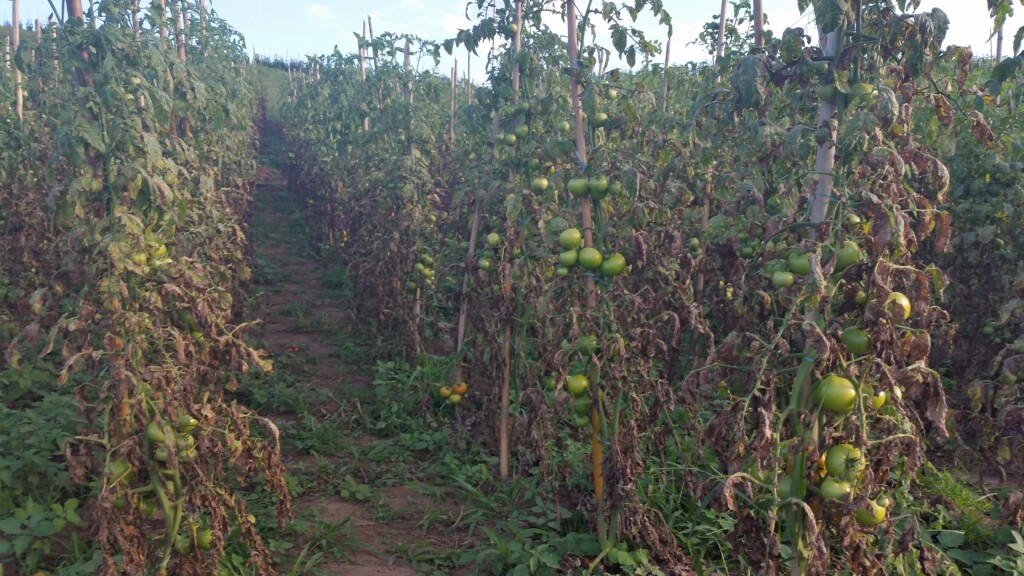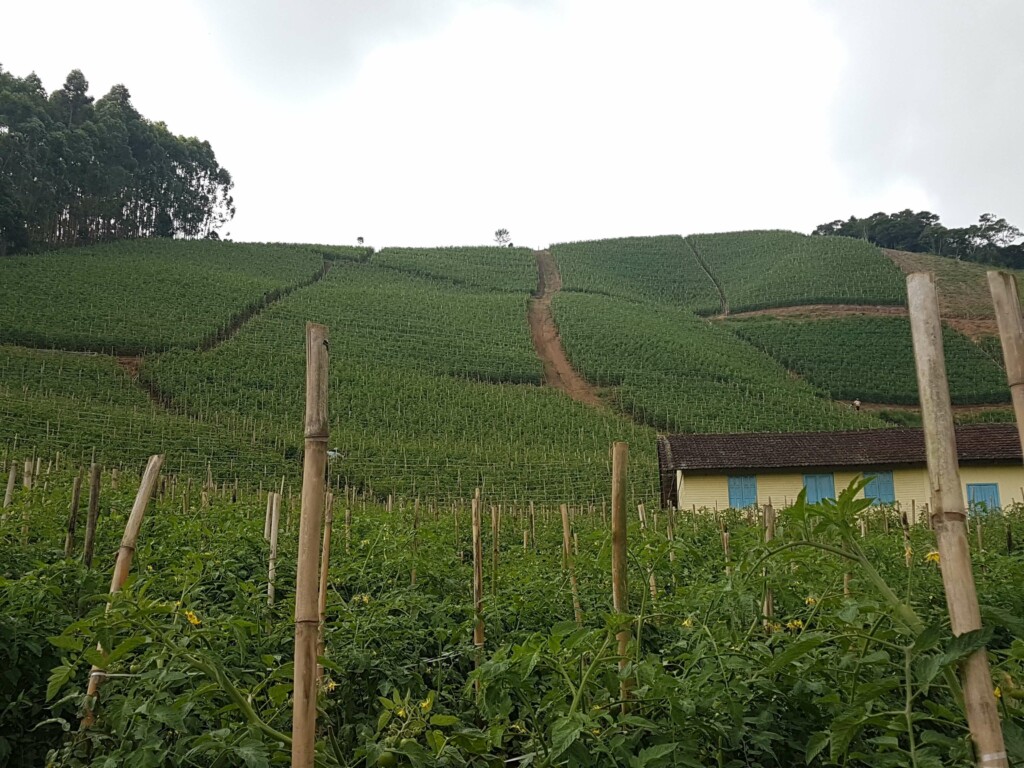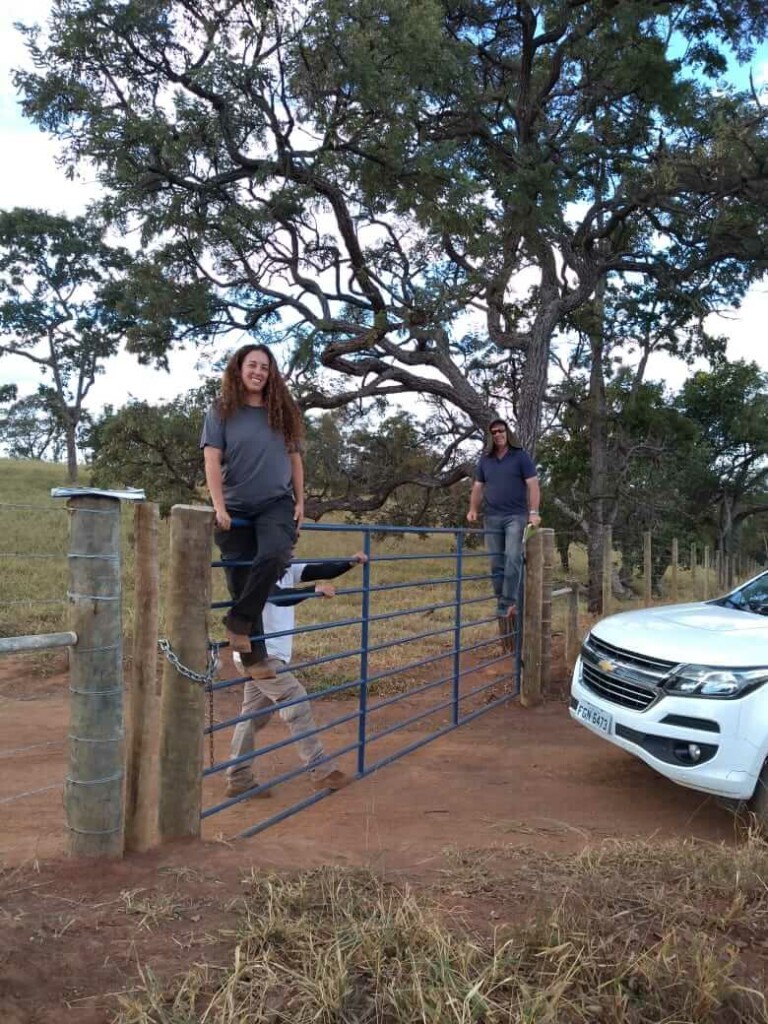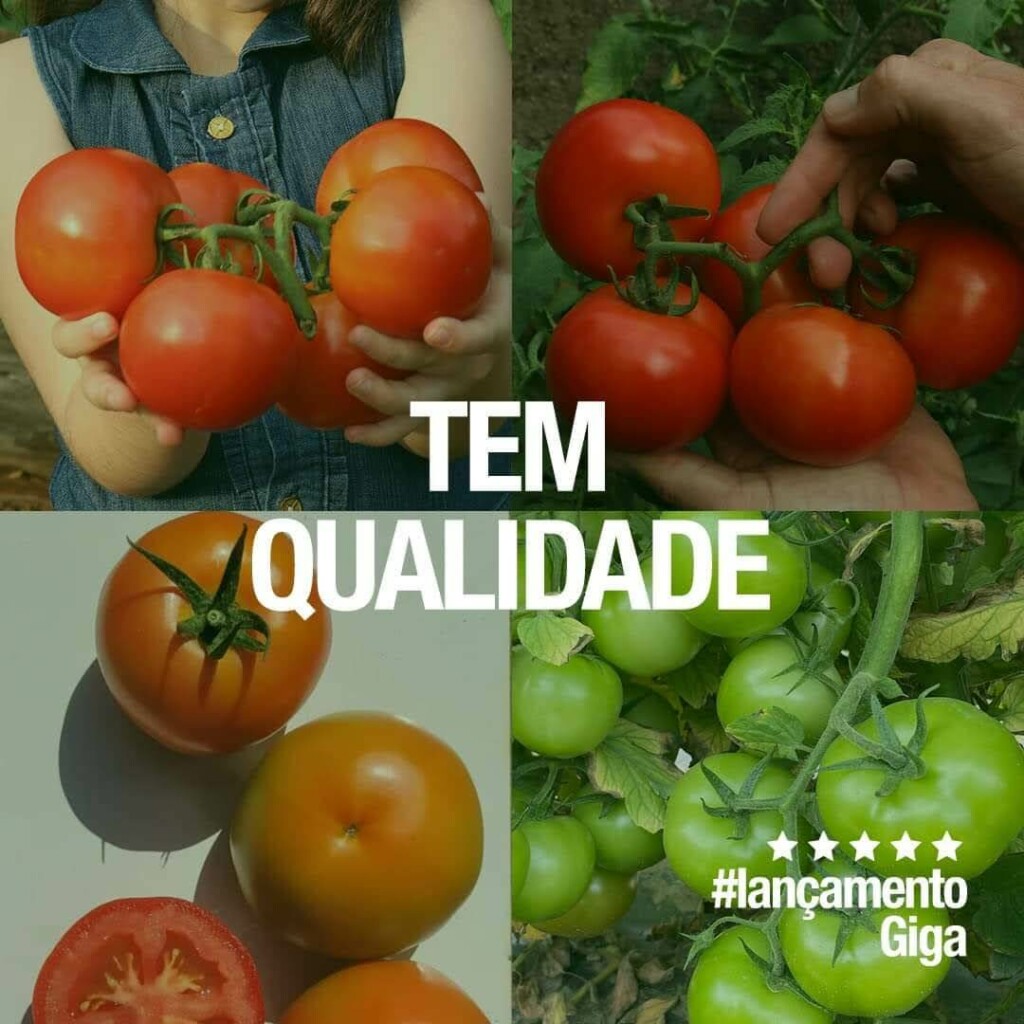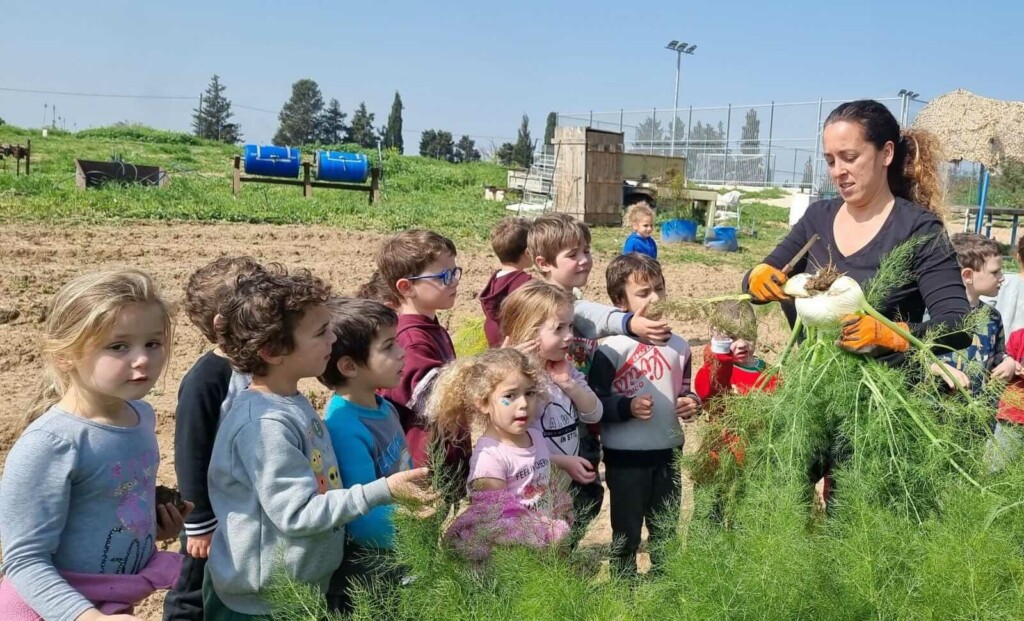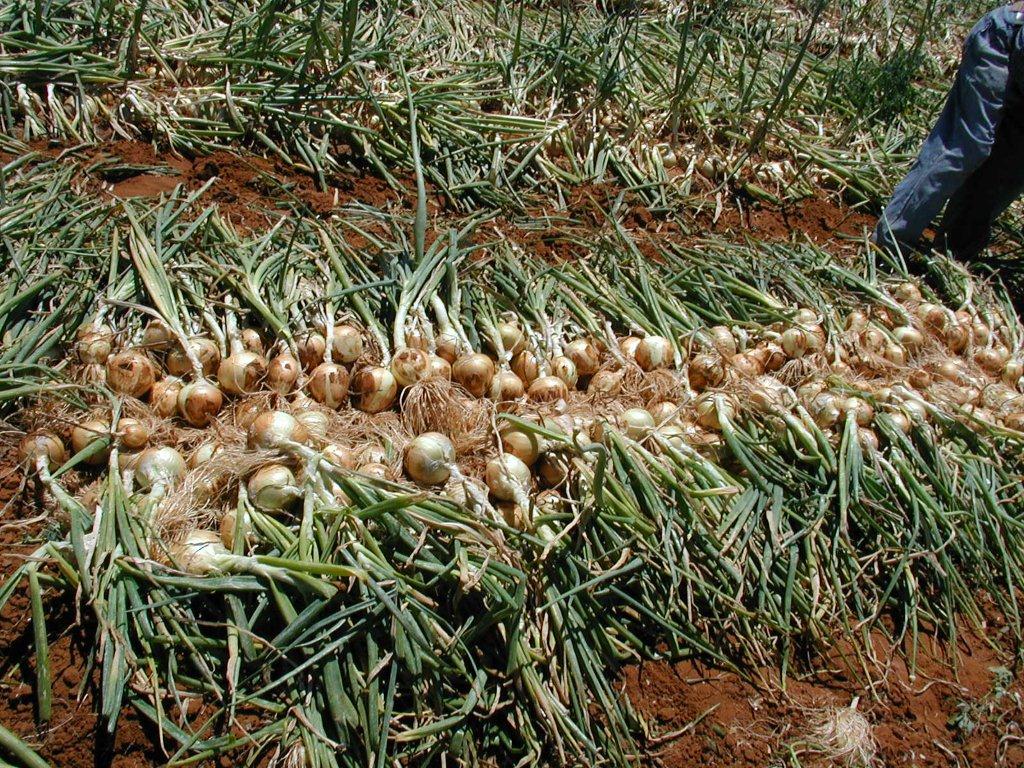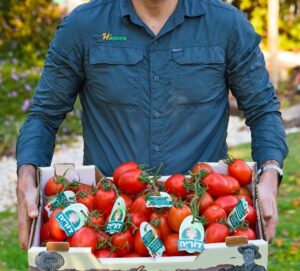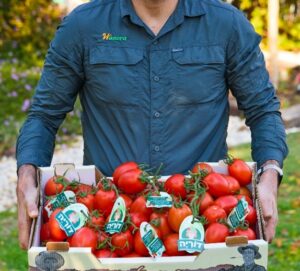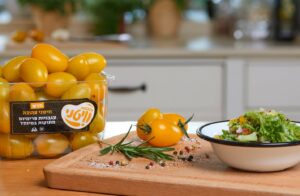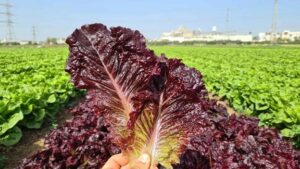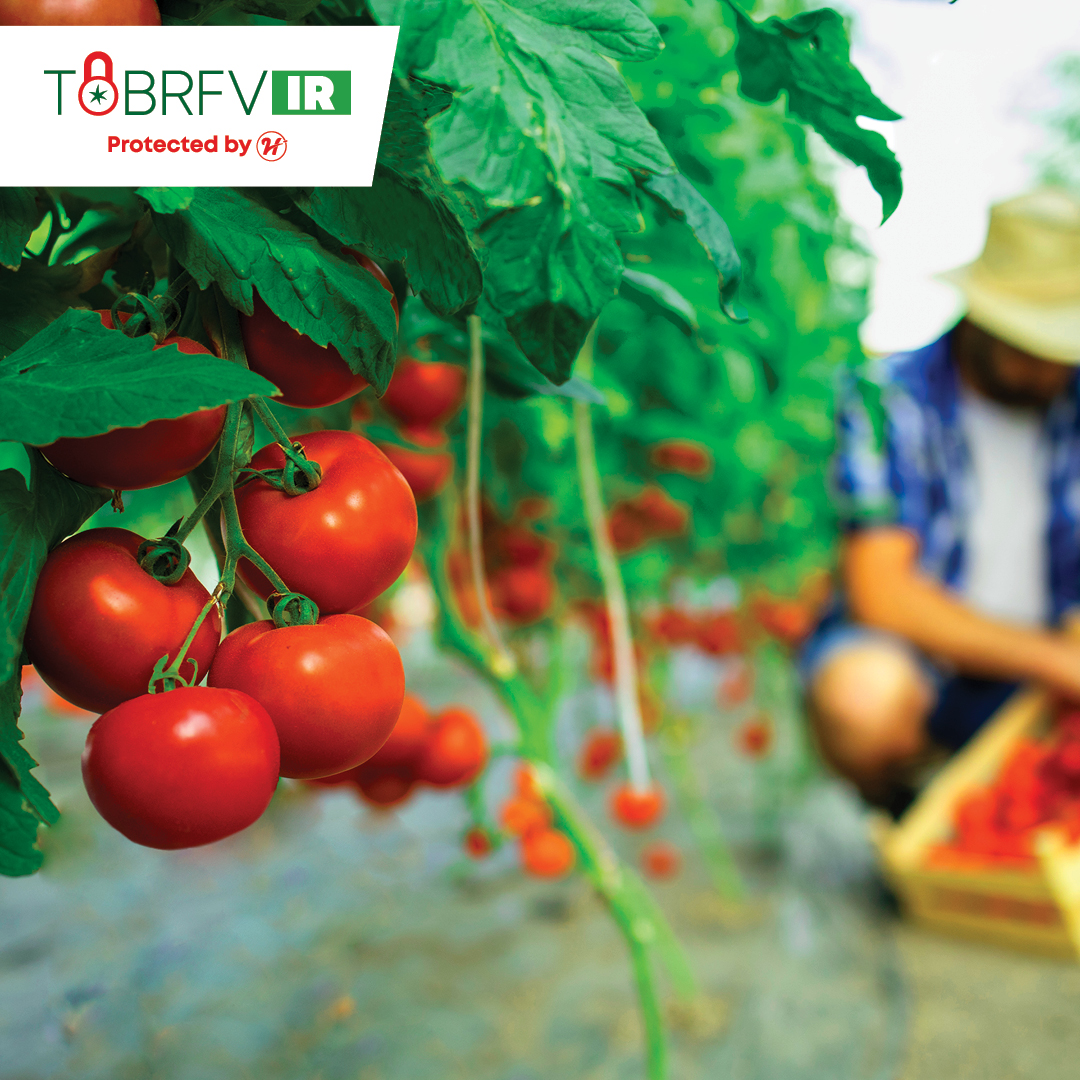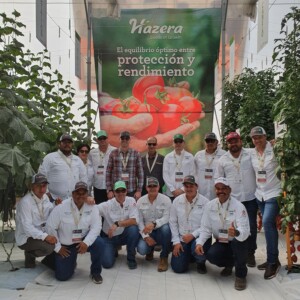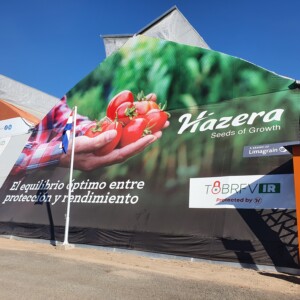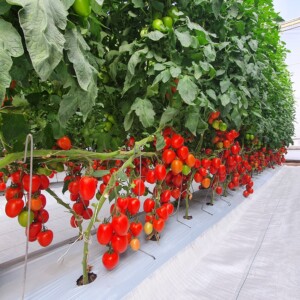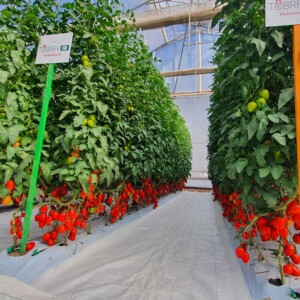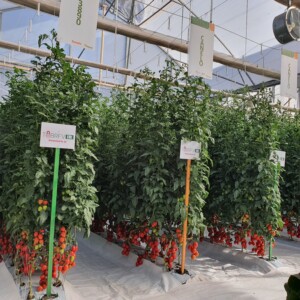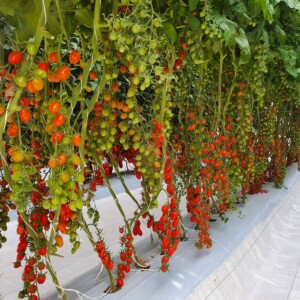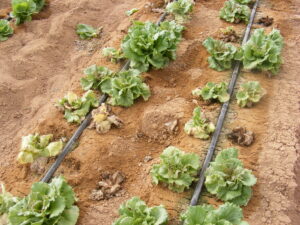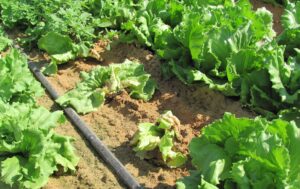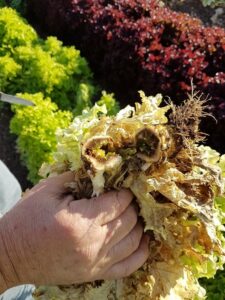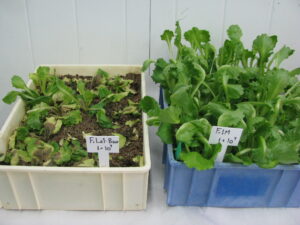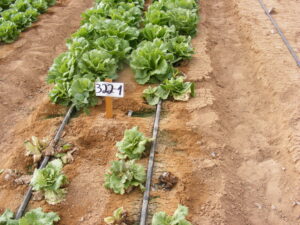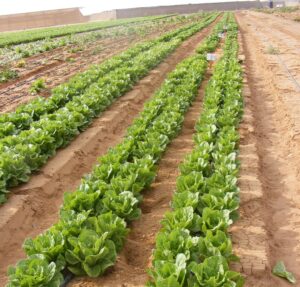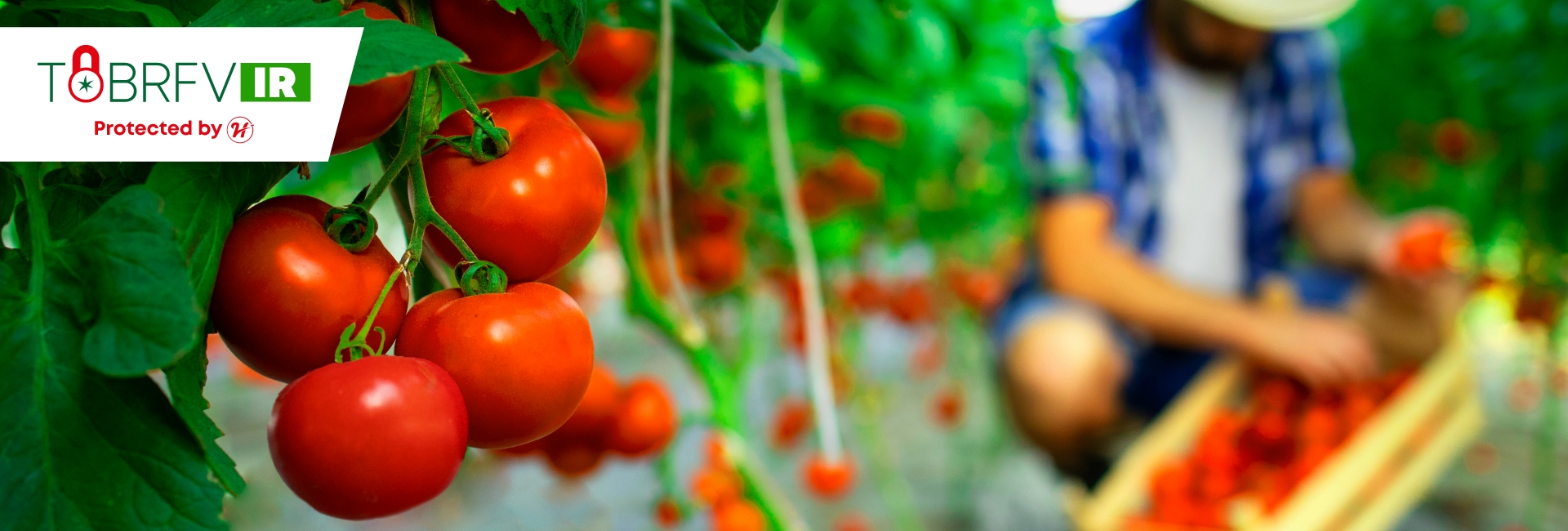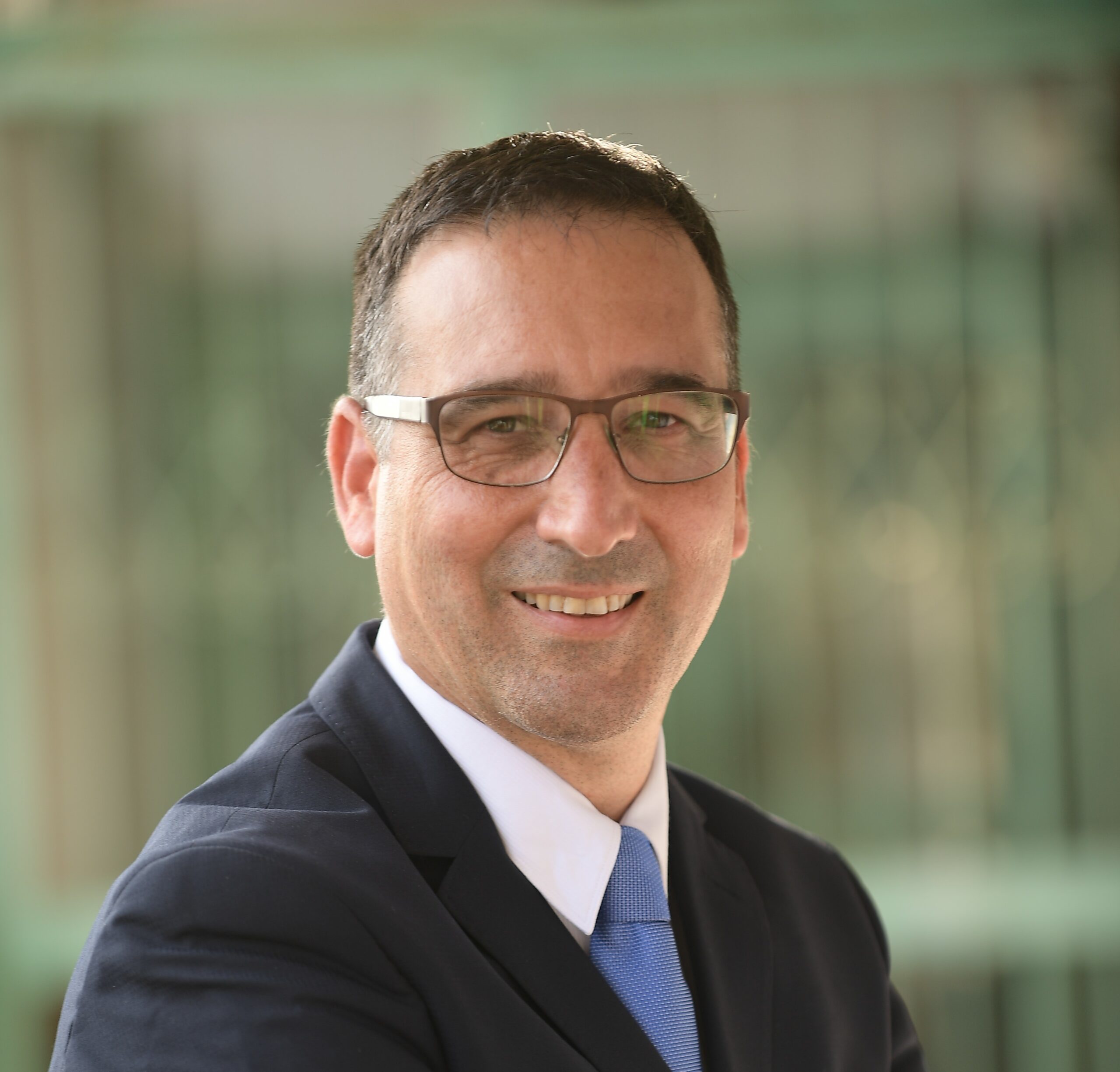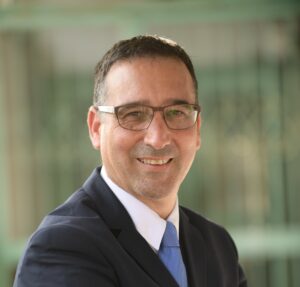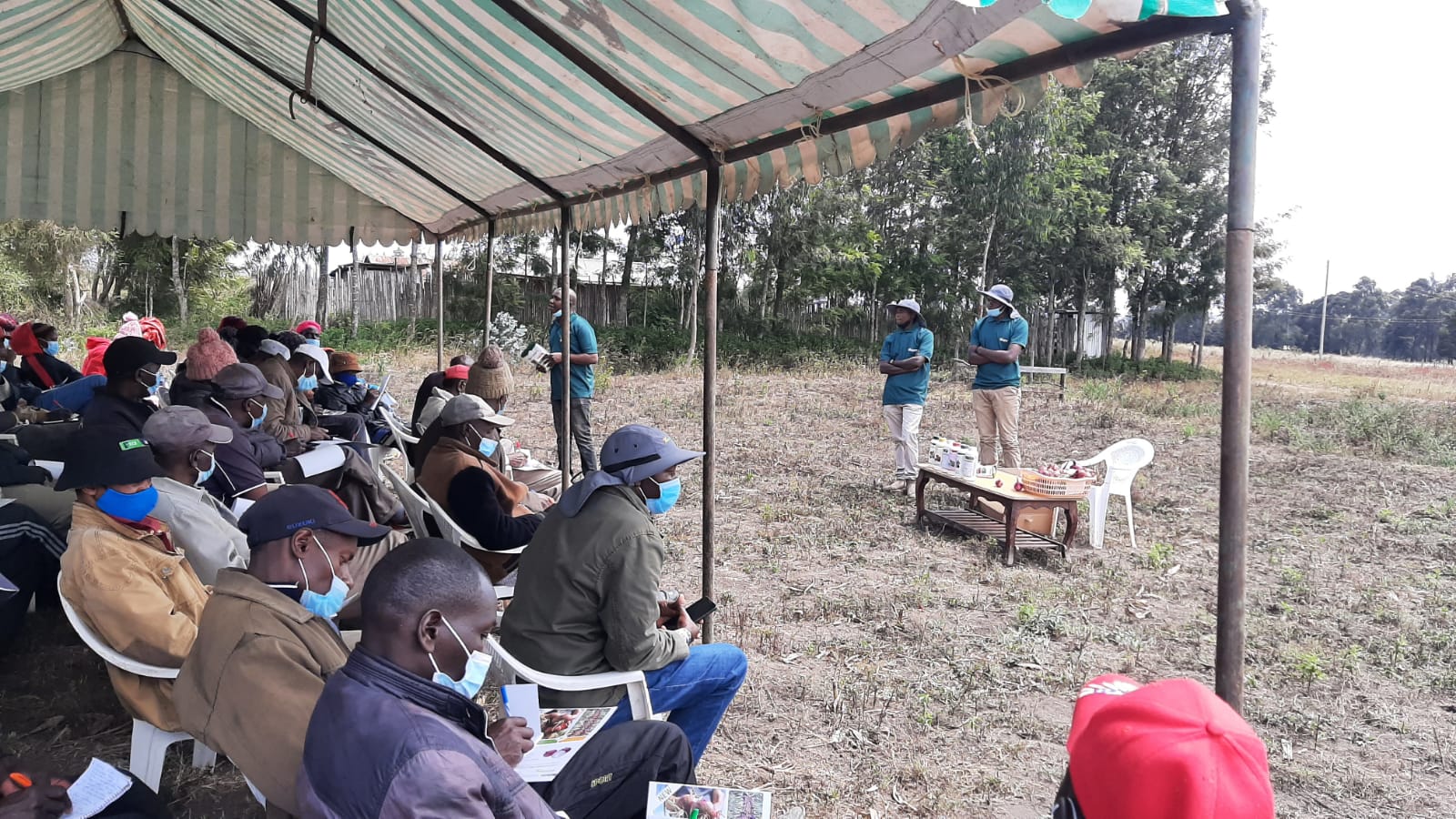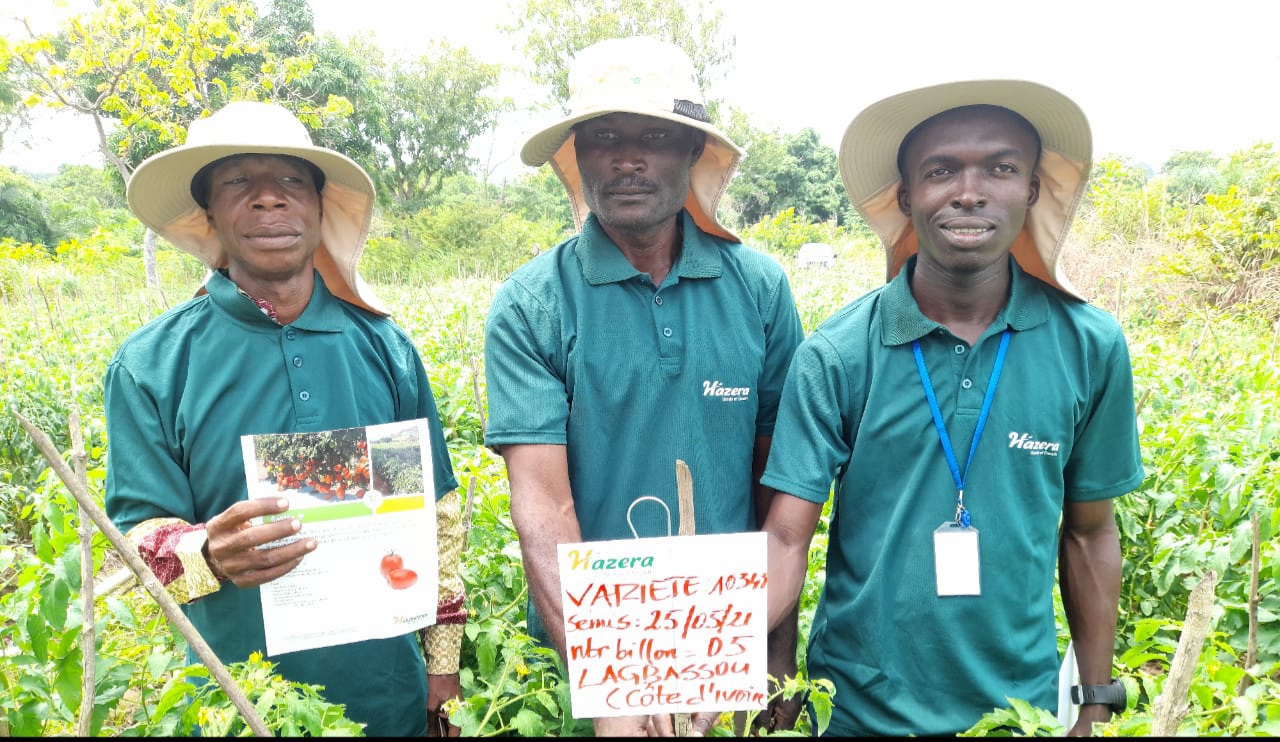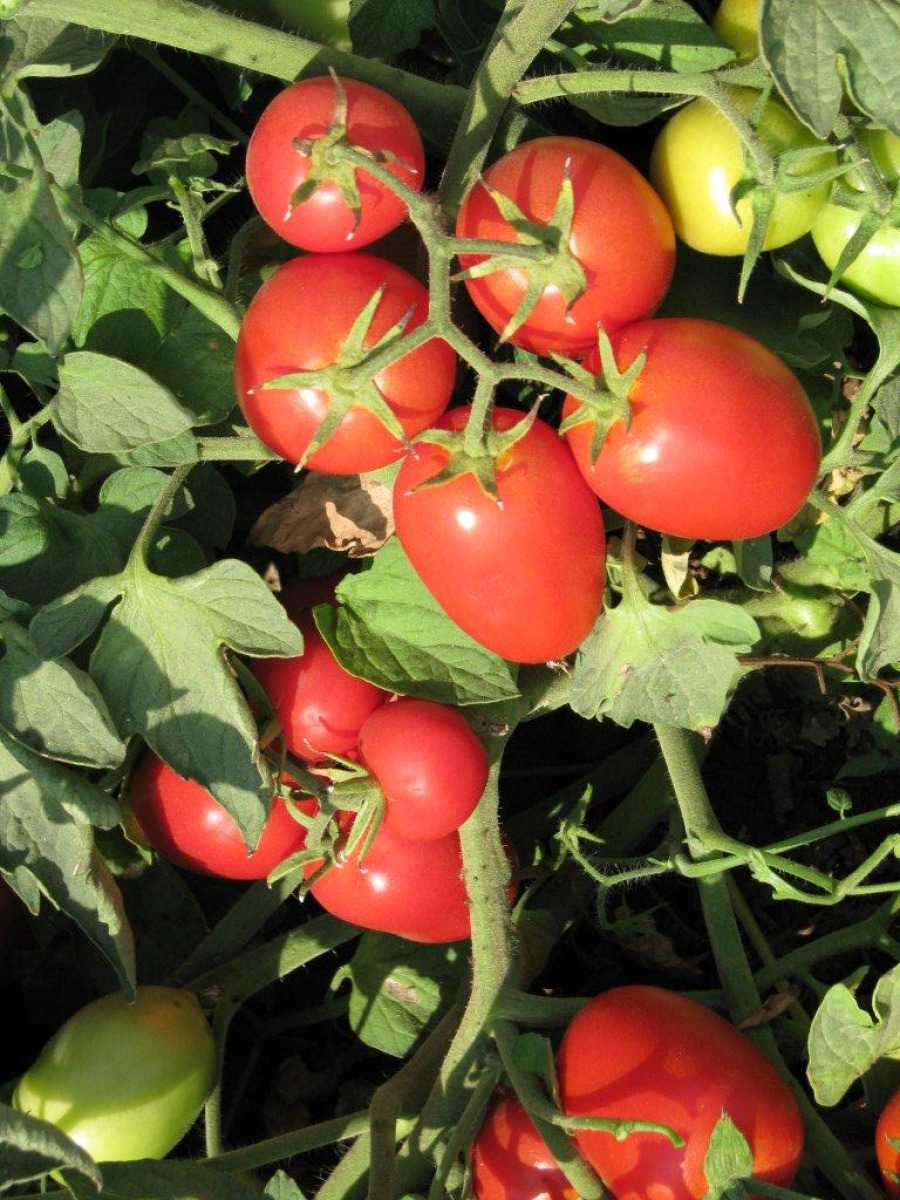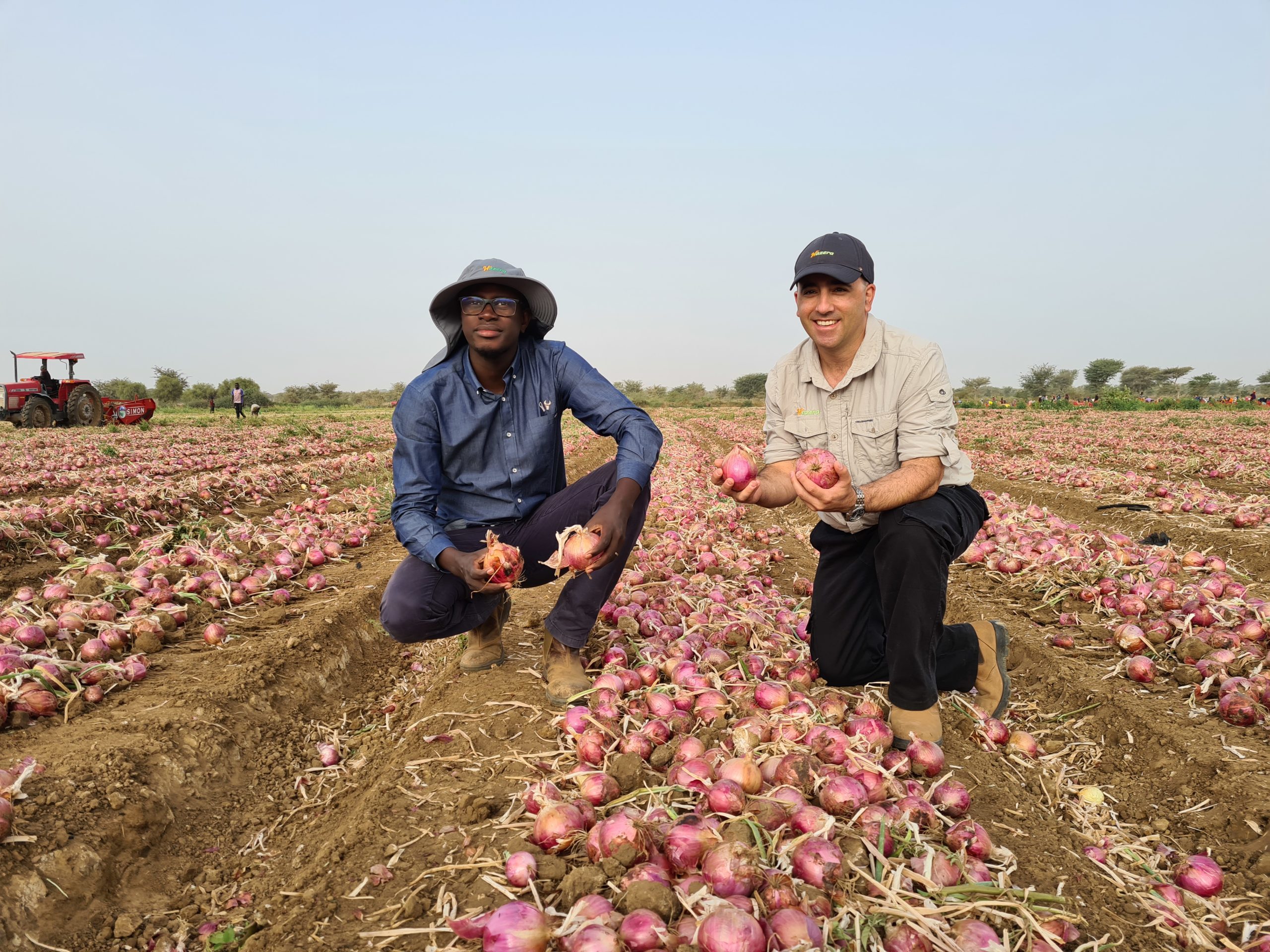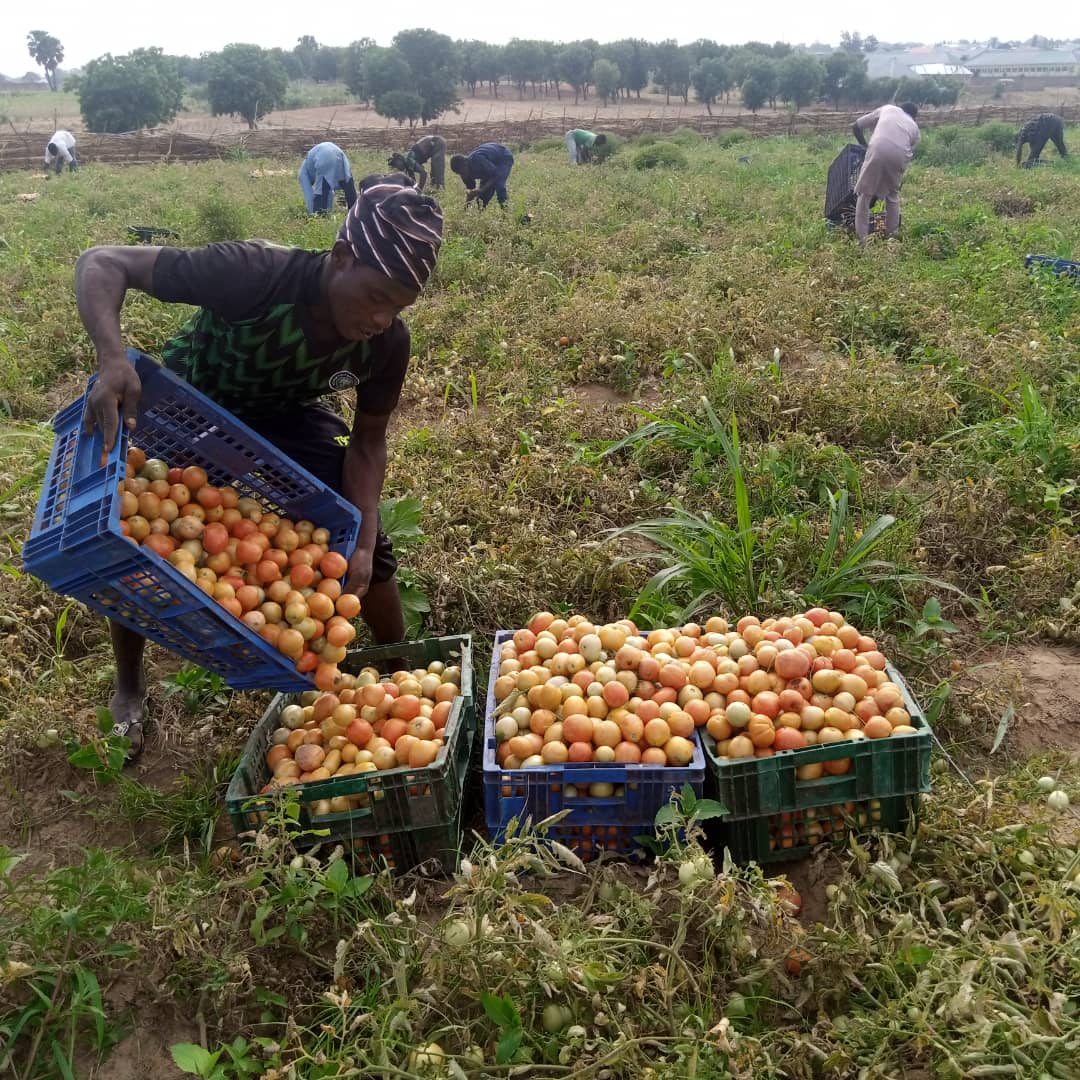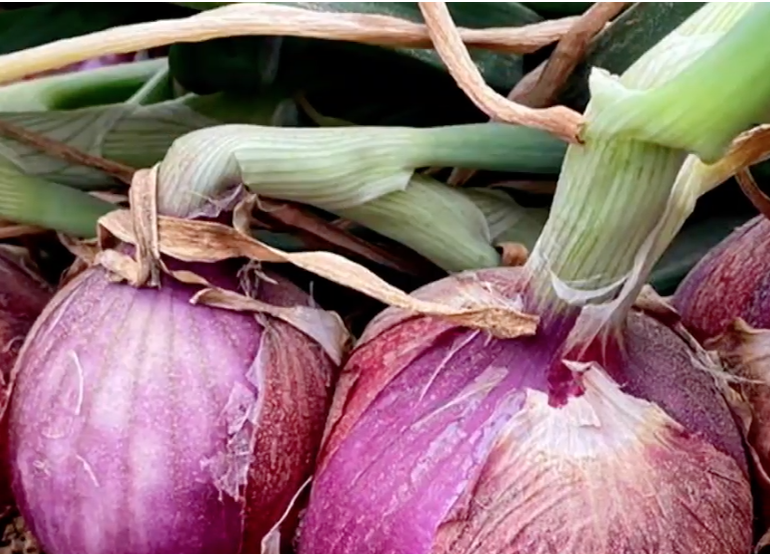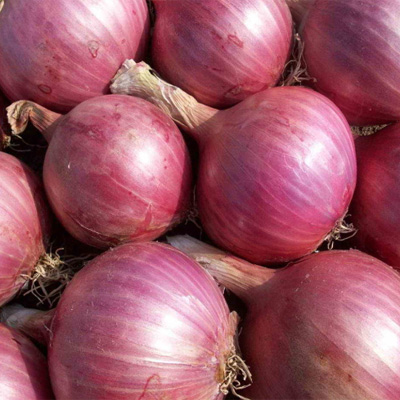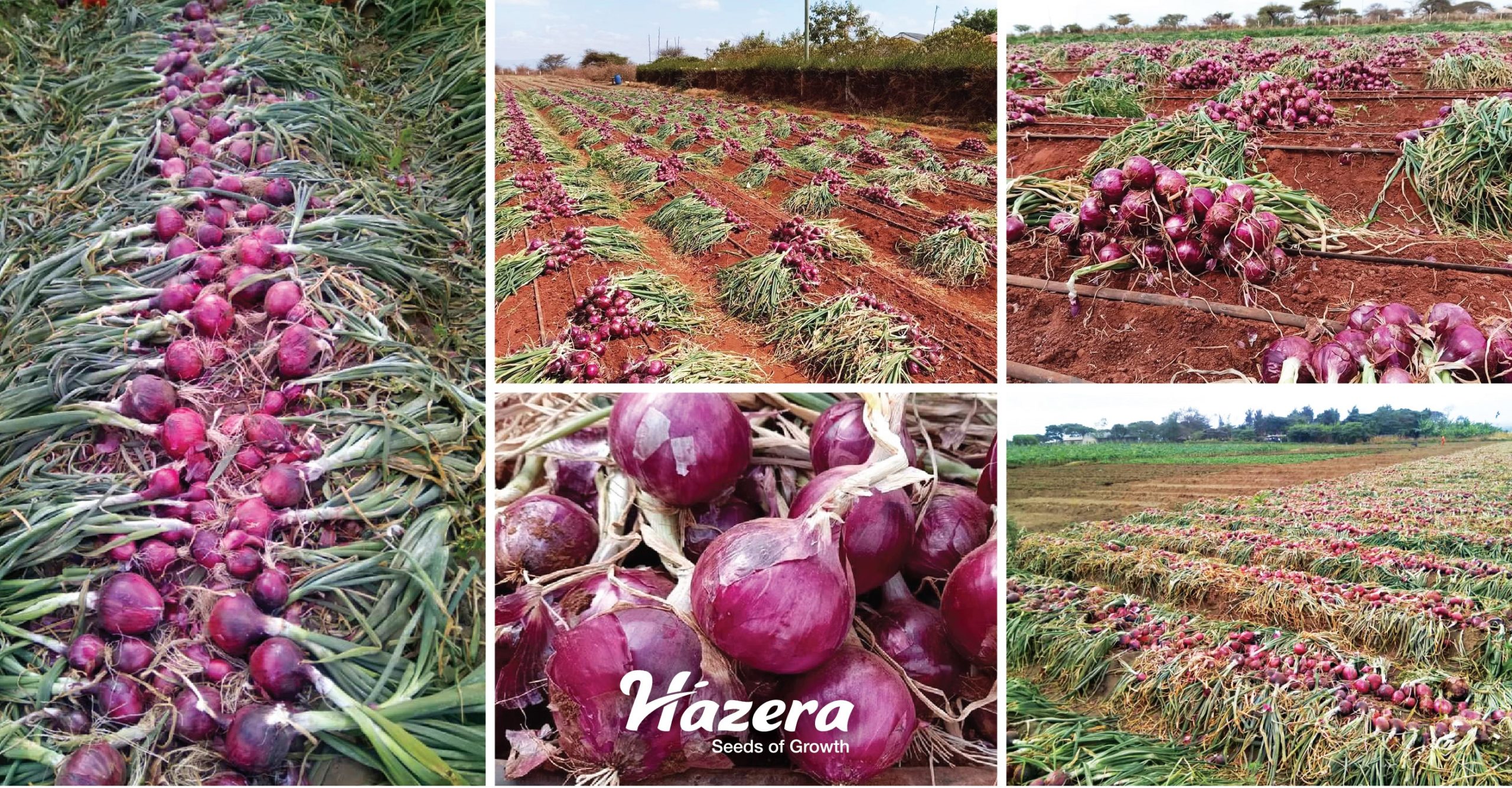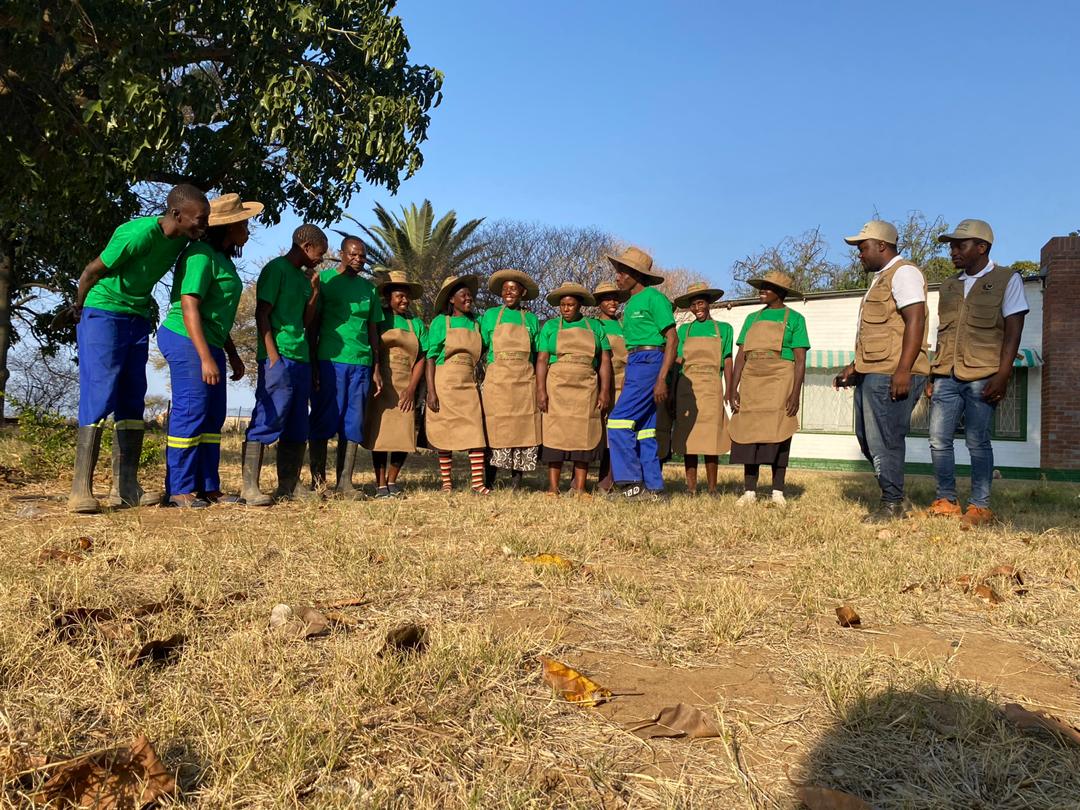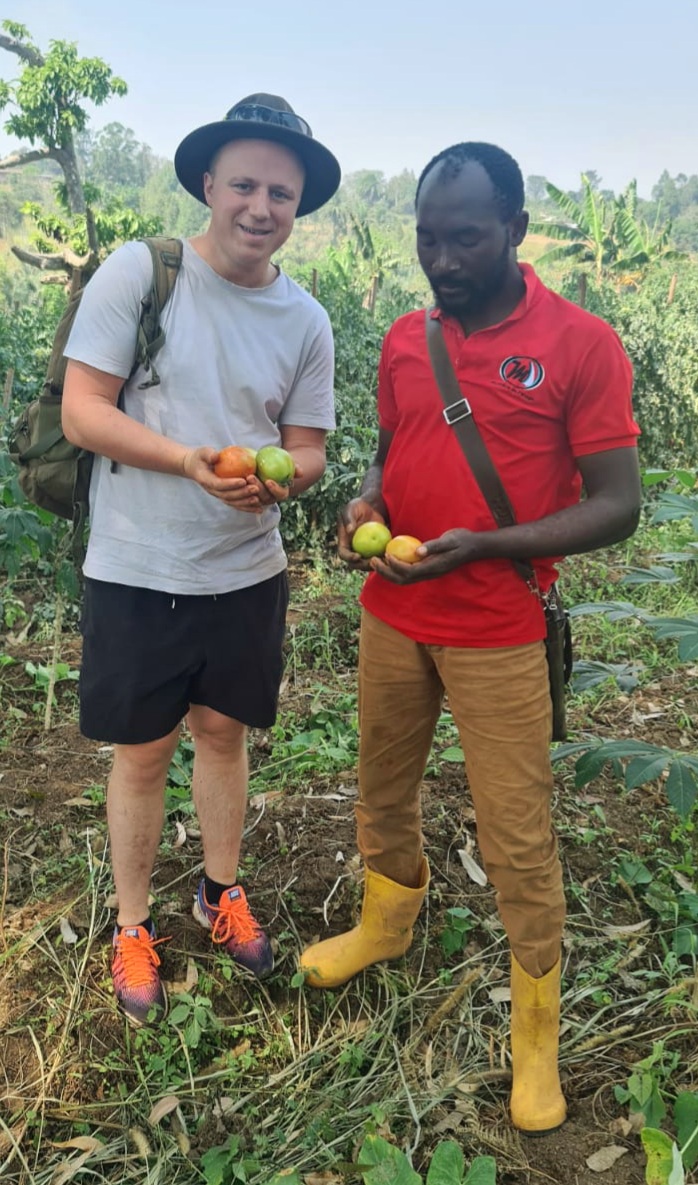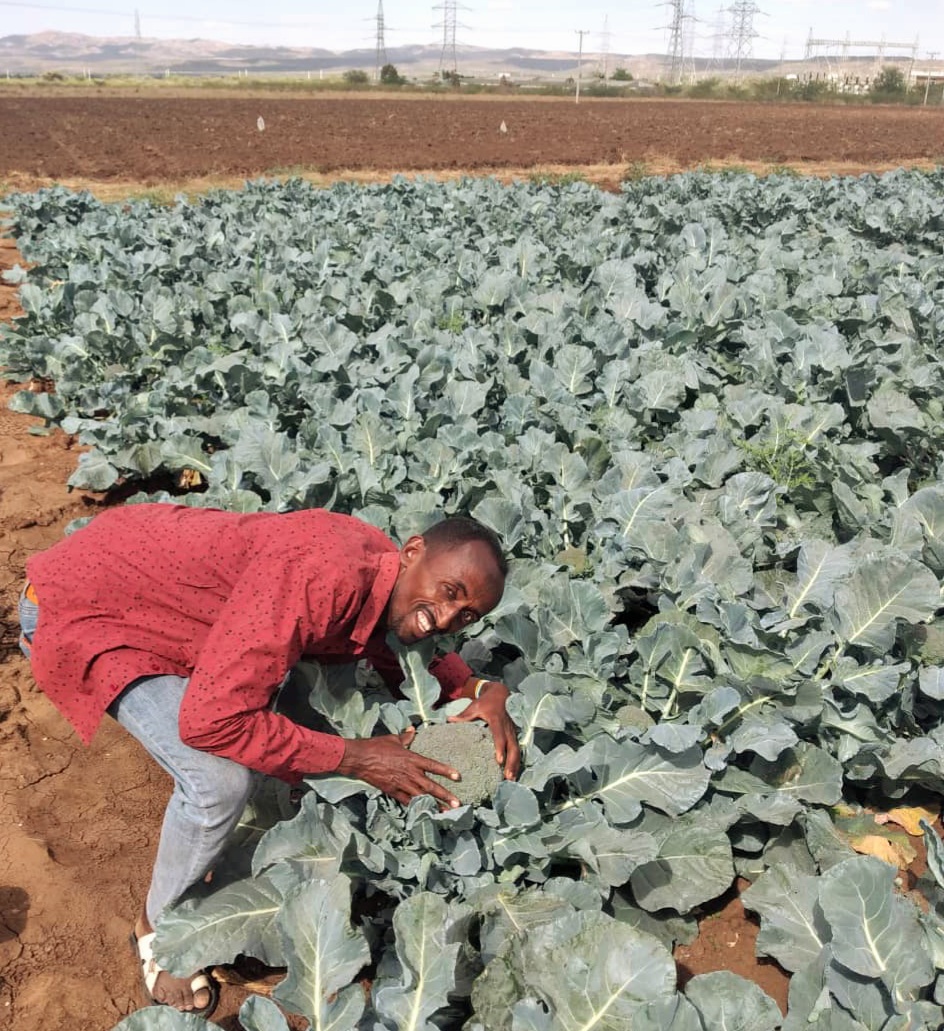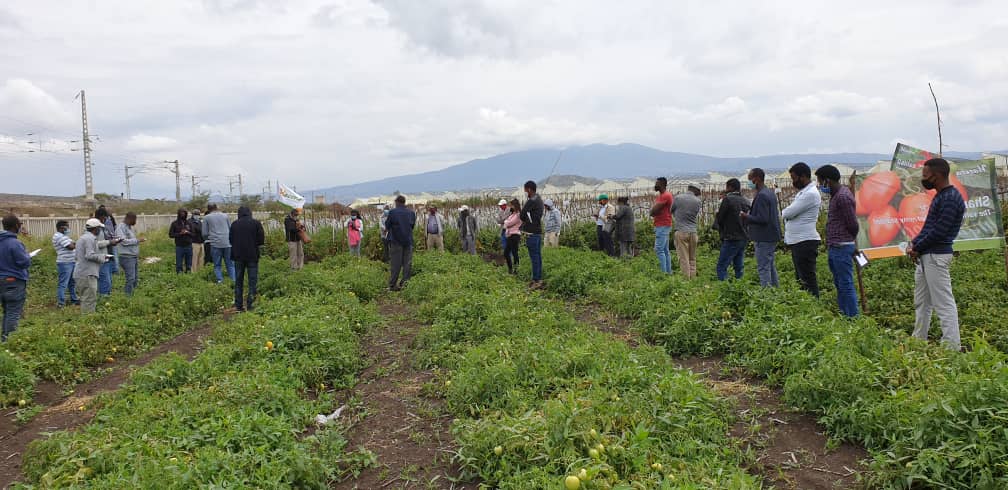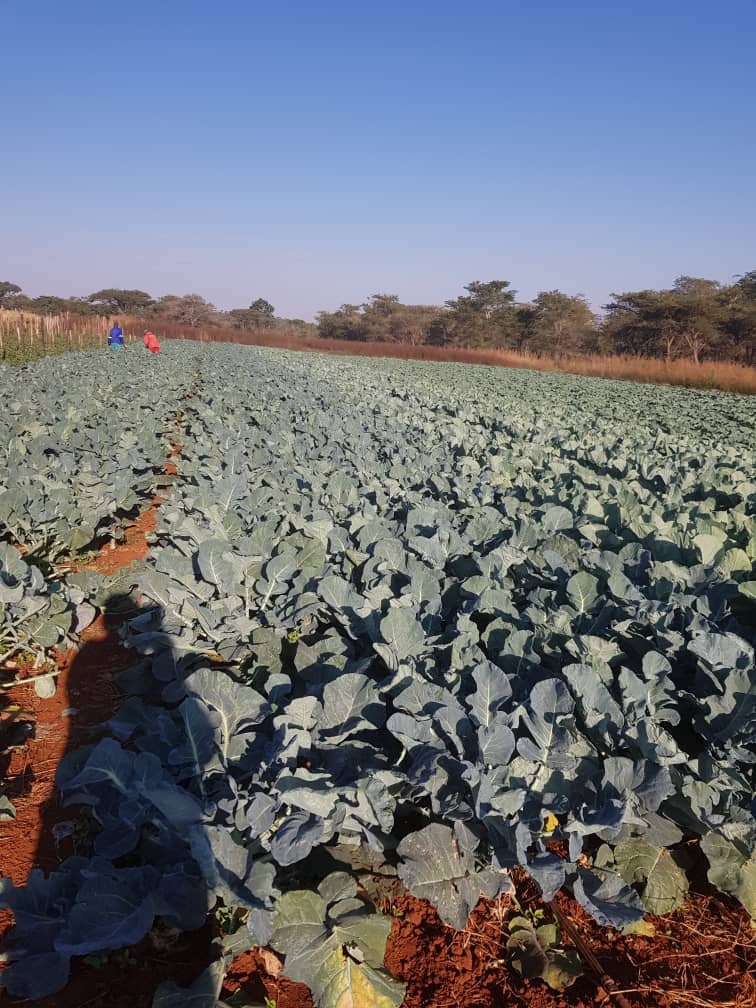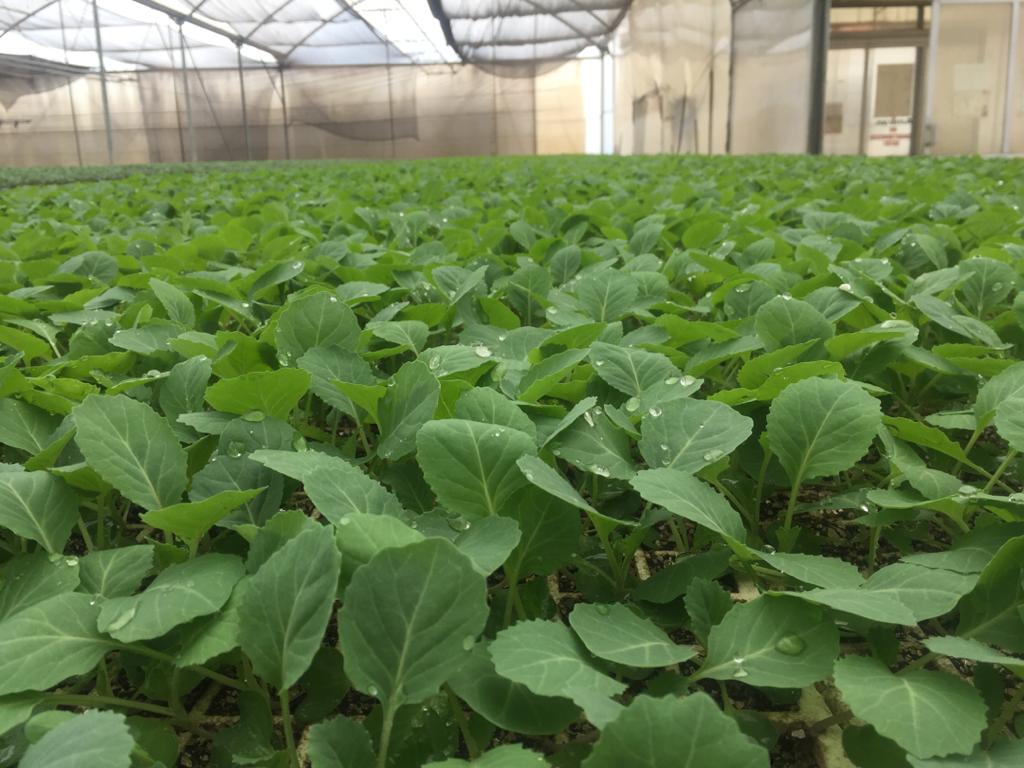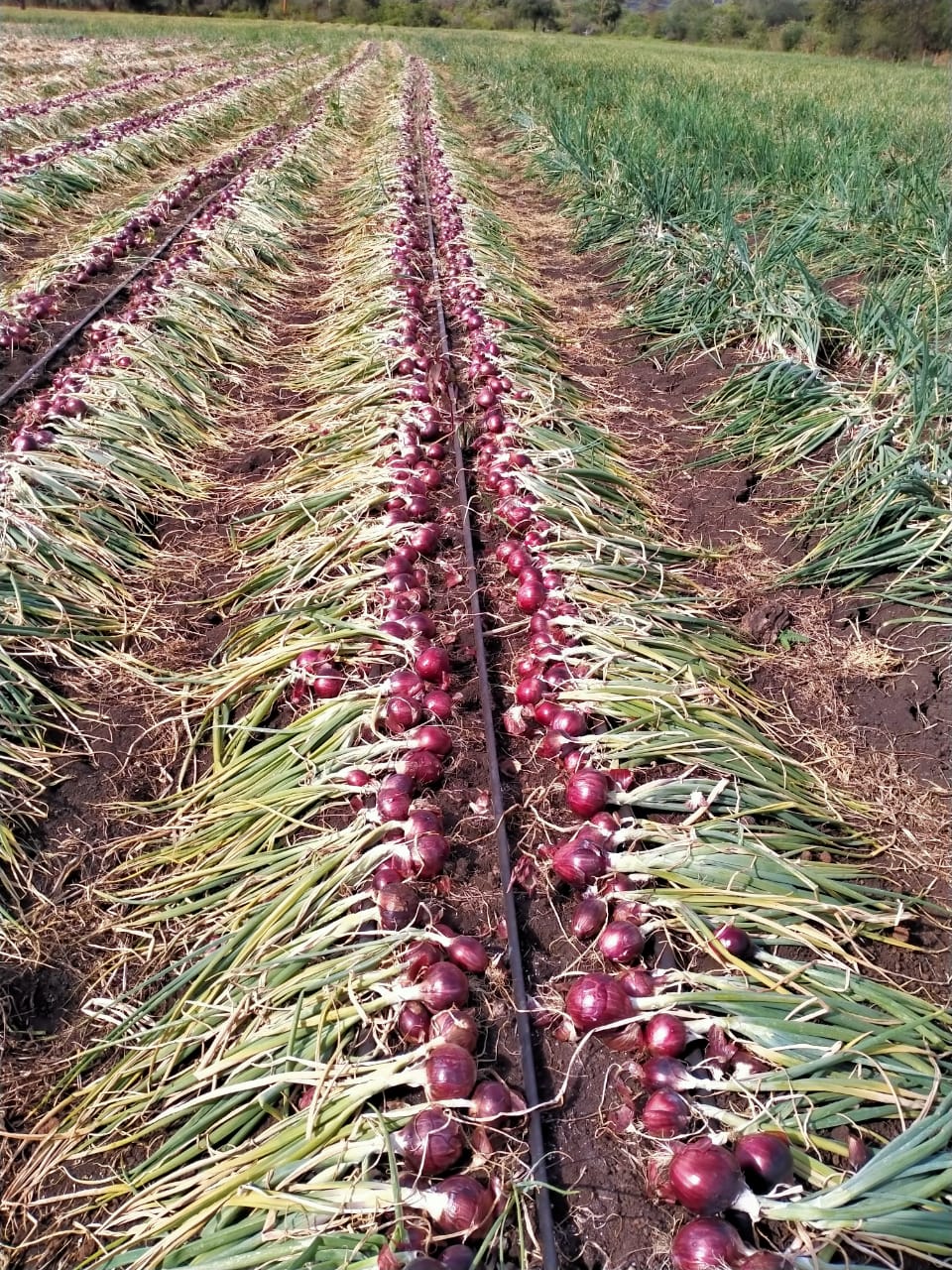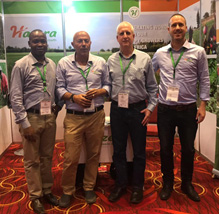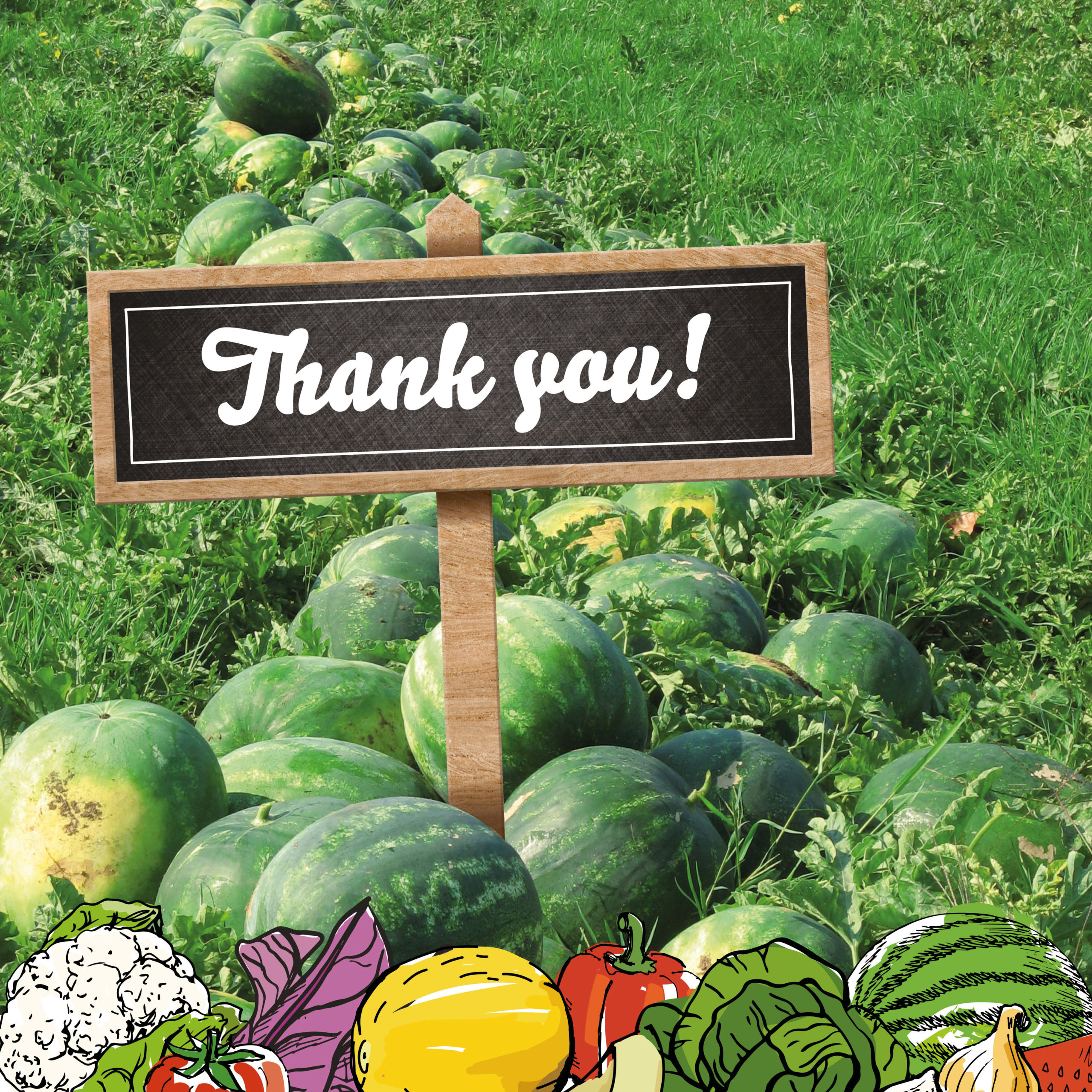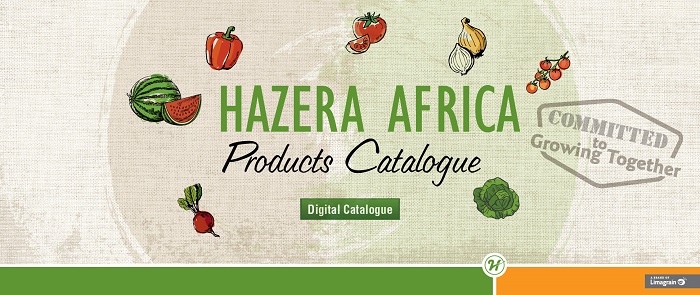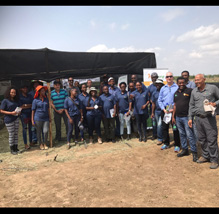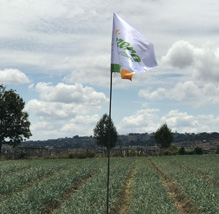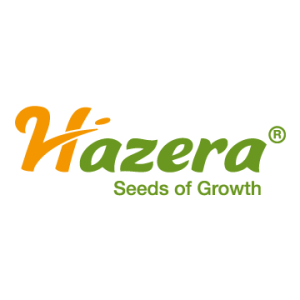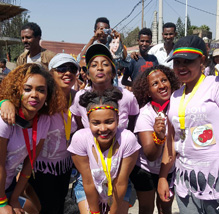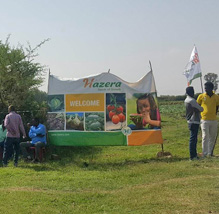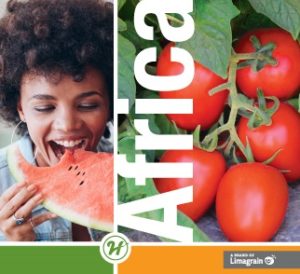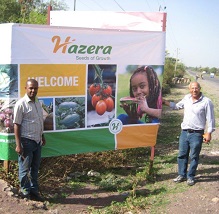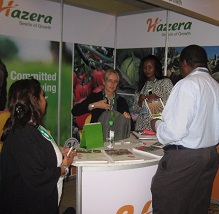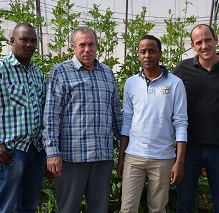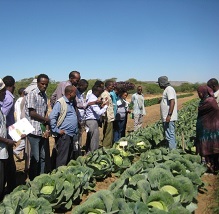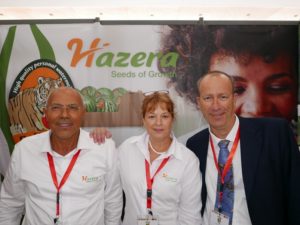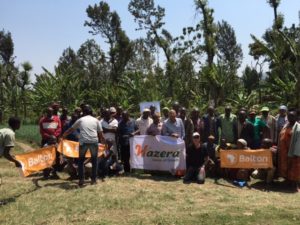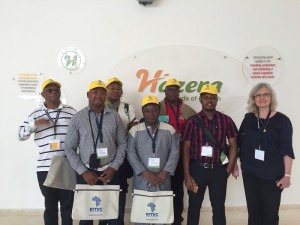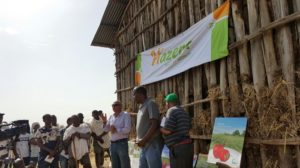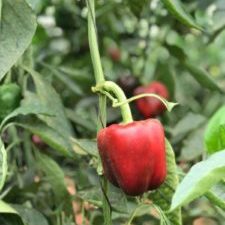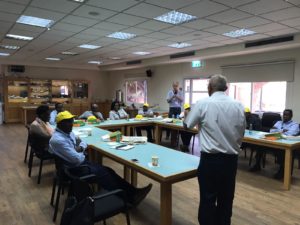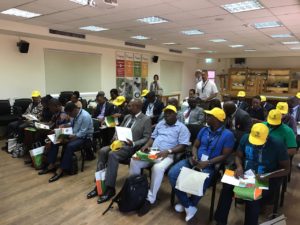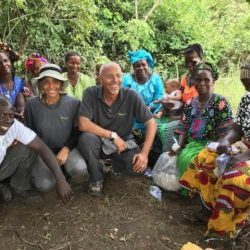Hazera and HM.CLAUSE, both part of the Limagrain Group, will be present at Fruit Logistica from February 4 to 6 in Berlin. At their shared booth (31-A in hall 11.2), the two companies will highlight their latest innovative products and demonstrate how their collaboration adds value across the entire fresh chain.
Complete solutions for the fresh chain
At their shared booth, Hazera and HM.CLAUSE will present a selection of varieties tailored specifically for Fruit Logistica, offering visitors a clear view of how their combined strengths support every step of the fresh chain. Michal Taraska, Global Value Chain Lead at Hazera explains: “Our partnership allows us to bring together a wide range of knowledge and solutions, driven by a shared vision.” Manuel Ferrer, Food Chain Manager at HM.Clause adds: “We focus on delivering great taste while ensuring strong plant health, resilience, and sustainability.”
This year’s showcase highlights an extensive assortment, with tomatoes and watermelons taking center stage. “Bringing our portfolios together gives us the ability to offer growers and customers a broader, more impactful range,” Manuel notes.
Fresh innovations from HM.CLAUSE
“Freeman is an excellent variety for six-pack packaging, offering a unique flavour and vibrant colour that stand out in its segment,” Manuel explains. Perfect for creating shelf differentiation and boosting retail turnover, this mid-sized tomato combines delicious taste with ideal sizing for convenient six-pack formats, making it a strong performer in retail environments.
The Oxheart range—featuring HMC37961, Diamandia, HMC44413, and Flamansun—is designed for high- and medium-technology crops. These premium tomatoes deliver a striking colour palette from deep red and chocolate brown to flamed yellow, paired with an exceptional sensory experience. Manuel emphasizes that this vibrant spectrum makes Oxheart the perfect choice for gourmet and export markets where visual appeal and flavour are key.
The Marmande range brings authentic flavour and personality with varieties such as Adora, Ambrosía, Delisun, and Monteli. Offering shades from brown and red to flamed and pink, these tomatoes combine traditional taste with a modern twist, ensuring differentiation and premium quality for consumers seeking something special.
Manuel also highlights Mozzafiato and Sorprendor, innovative large-calibre peppers that deliver uniform fruits, thick flesh, and outstanding shelf life. These varieties provide high yield for growers and strong visual appeal for distributors, combining productivity with aesthetics to meet the expectations of both producers and retailers.
Finally, the broccoli varieties Pretorian and Gladiator maintain freshness and vibrant colour for longer, enhancing the consumer experience while reducing waste. Ideal for retail chains focused on quality and durability, these varieties ensure products look and taste their best throughout the supply chain.
Fresh innovations from Hazera
This year, Hazera is highlighting the rapidly growing segment of colorful snack tomatoes. “Healthy snack tomatoes are in high demand, and we’re excited to offer varieties that really stand out,” Michał says. The portfolio now features our International Taste Institution award winners, like Tentadero, an umami-rich cherry tomato with a perfect crunch, along with the Summer family varieties Summer Cool and Summer Soul, both prized for their excellent taste, very sweet flavor, and attractive yellow color. “We present healthy snack tomatoes with great flavor and texture you immediately fall for,” he adds.
In watermelons, Hazera continues to strengthen its lineup with Exotica, known as “the taste of summer” and a Fresh Market Award winner, offering a deep red color and crunchy texture. “Exotica captures exactly what consumers want: amazing taste, eye-catching color, and a reliable eating experience,” Michał notes. The range is complemented by additional innovative mini seedless varieties that provide consistent flavor, convenience, and all year round availability.
Together for fresher shelves
The collaboration between HM.CLAUSE and Hazera is built on years of experience. “Both sides bring deep knowledge and expertise,” says Manuel. Having led the development of flagship projects like Adora for HM.CLAUSE and Rosamunda for Hazera tomatoes, Manuel and Michal ensure that clients receive more comprehensive solutions, personal attention, and better results.
We are looking forward to meet you at Fruit Logistica.
Meet us at our shared booth 31-A in hall 11.2
Would you like to learn more? Contact us!


